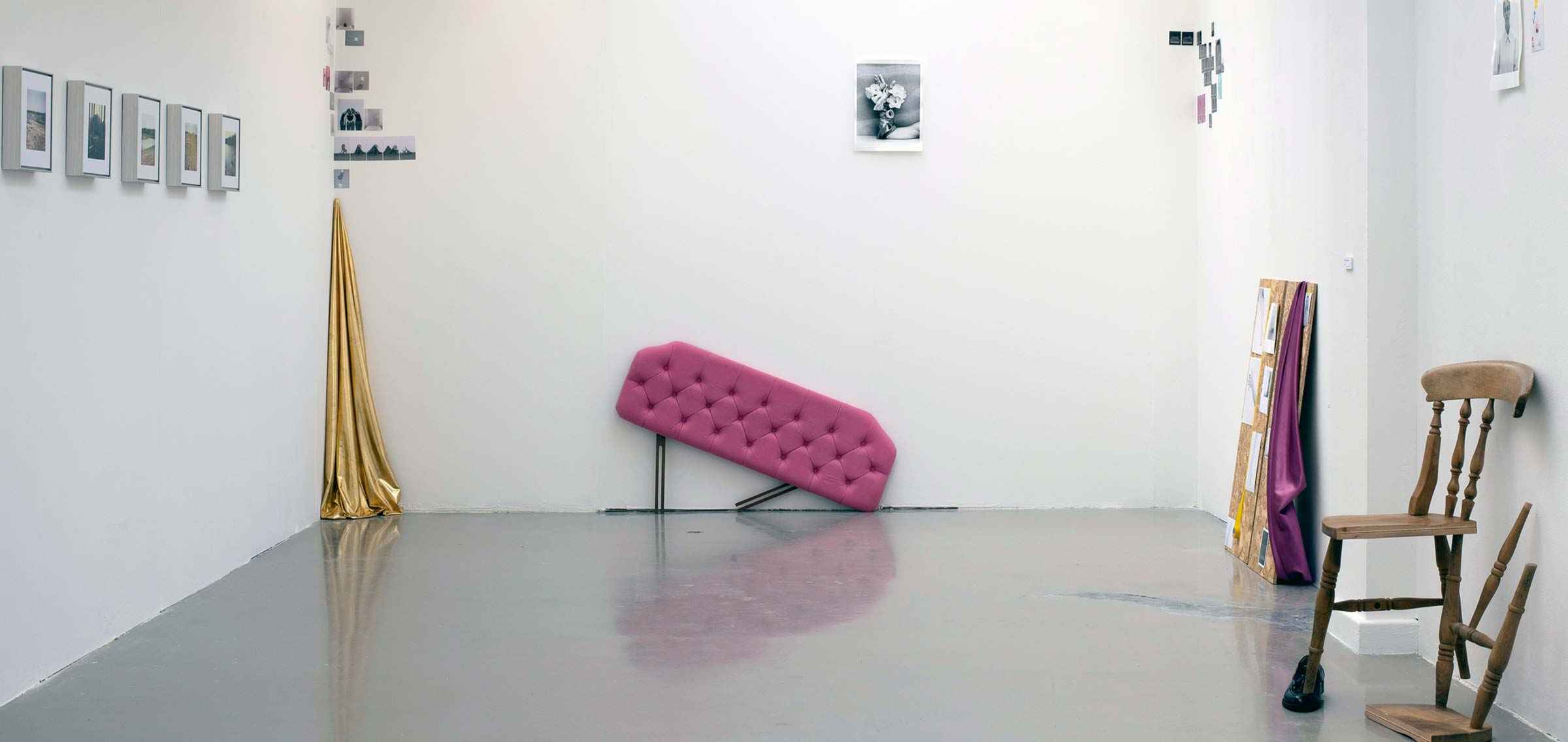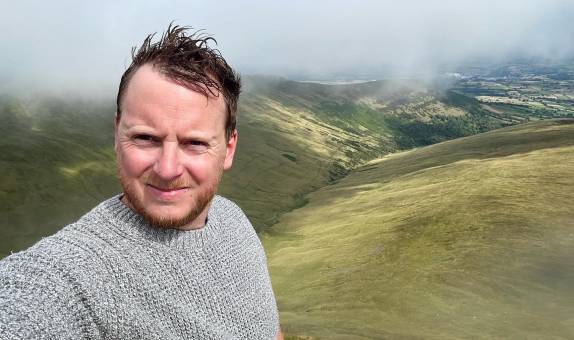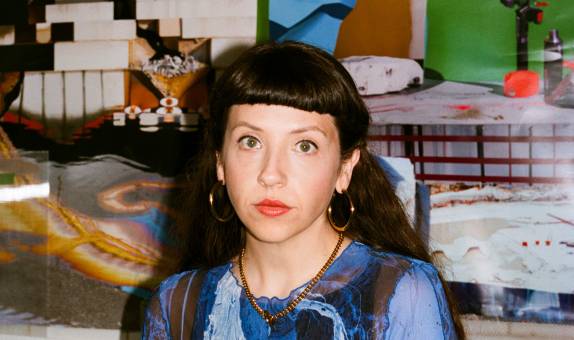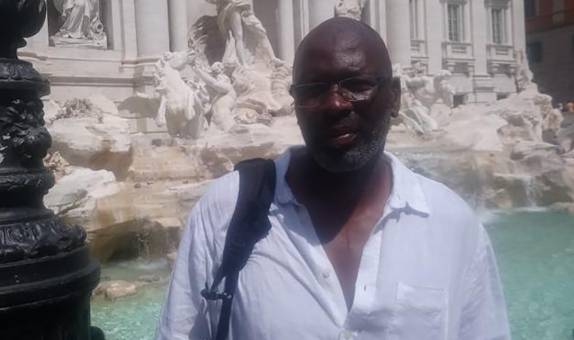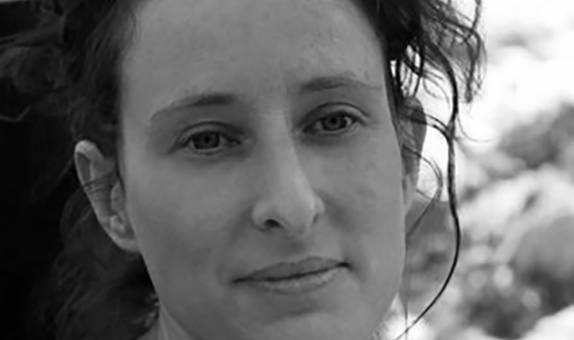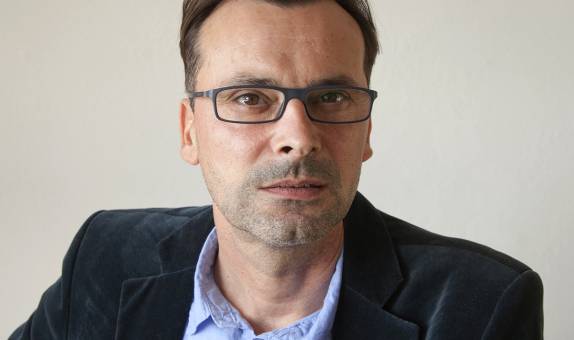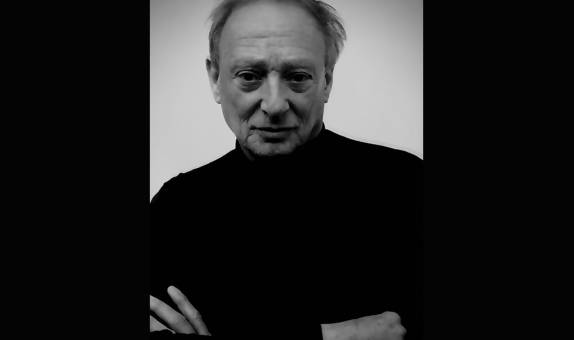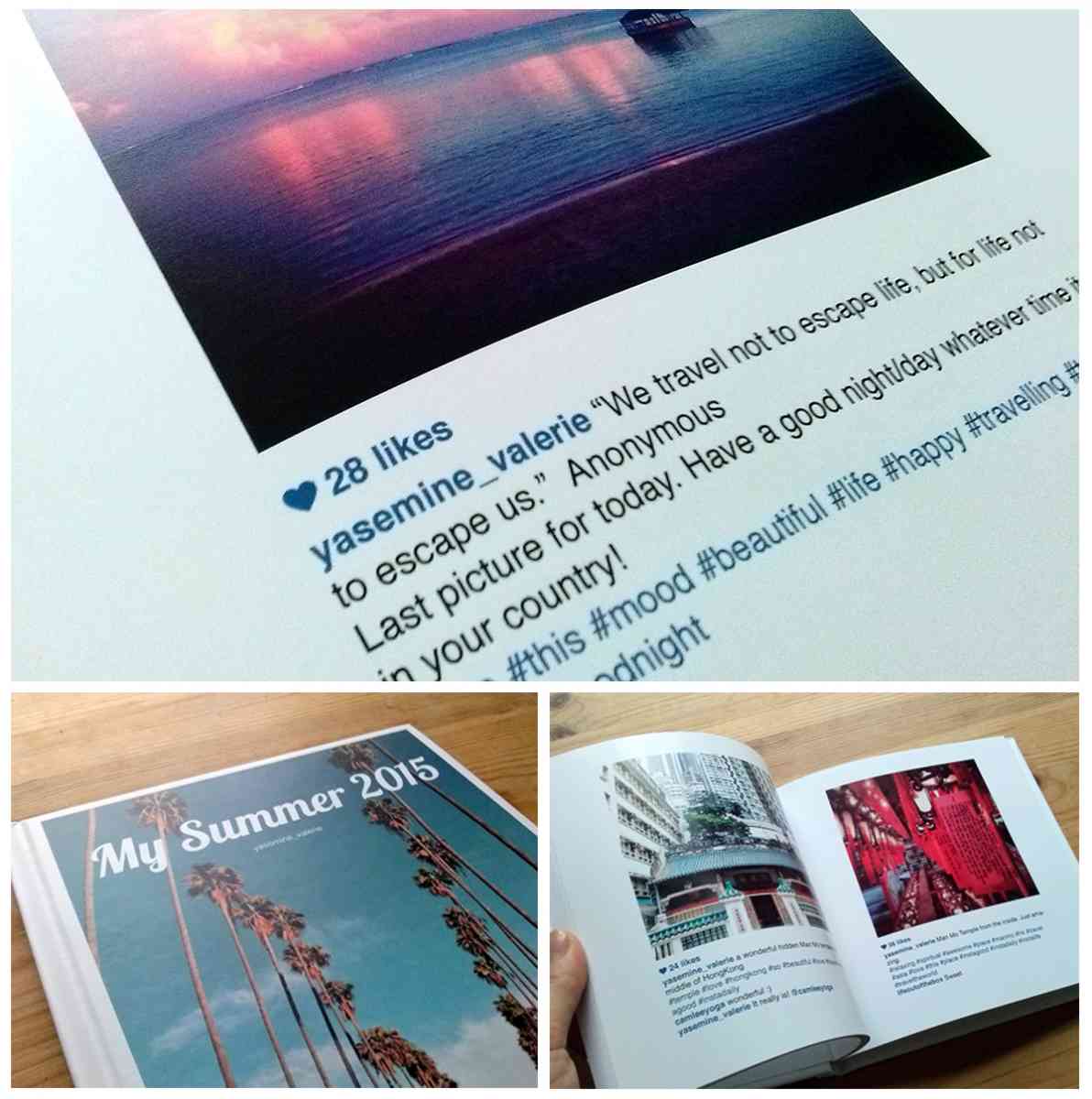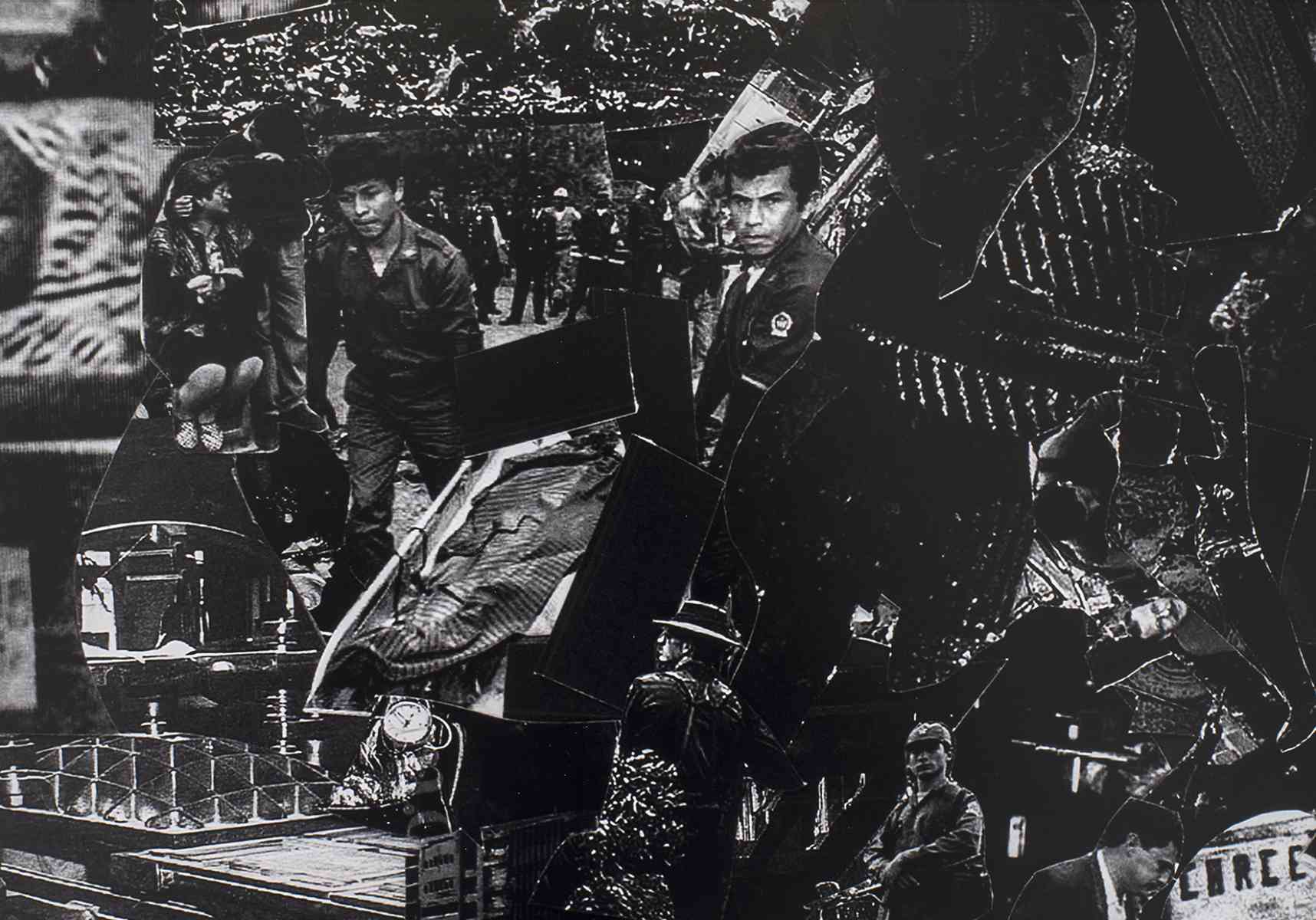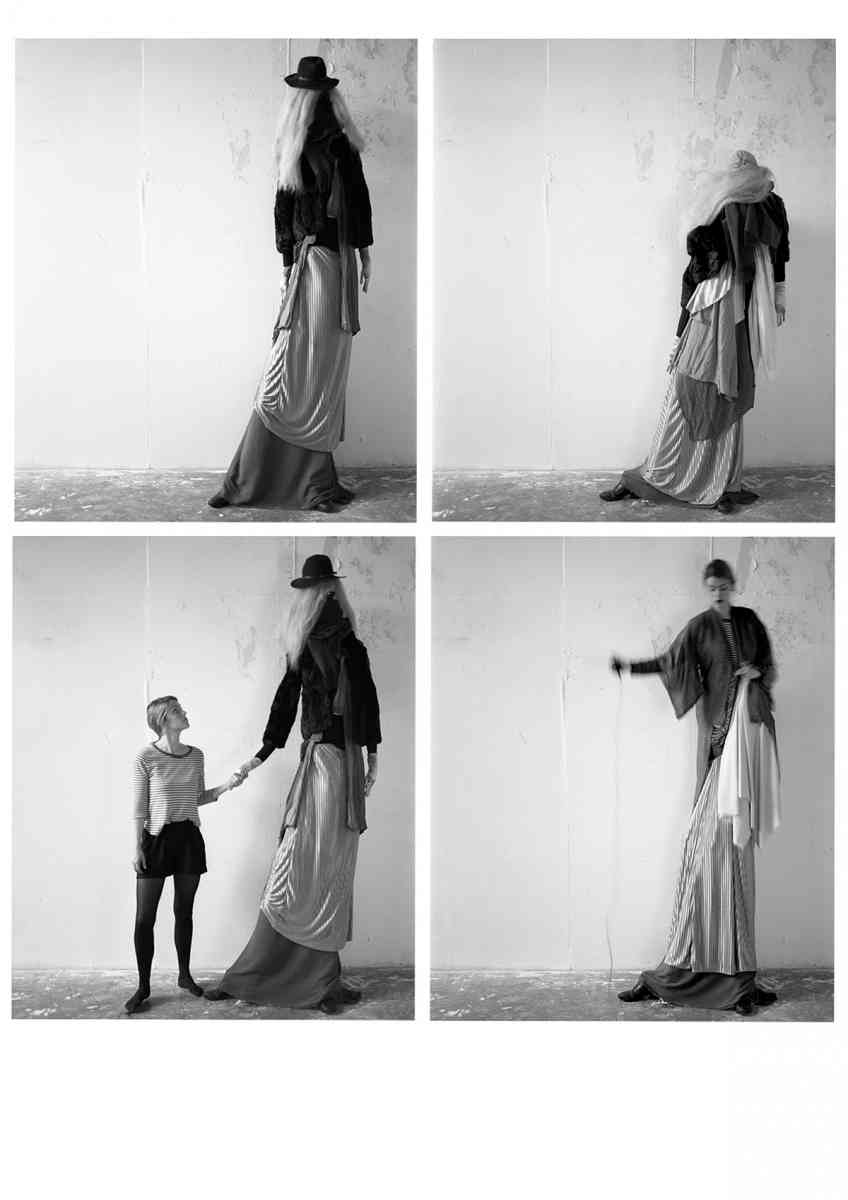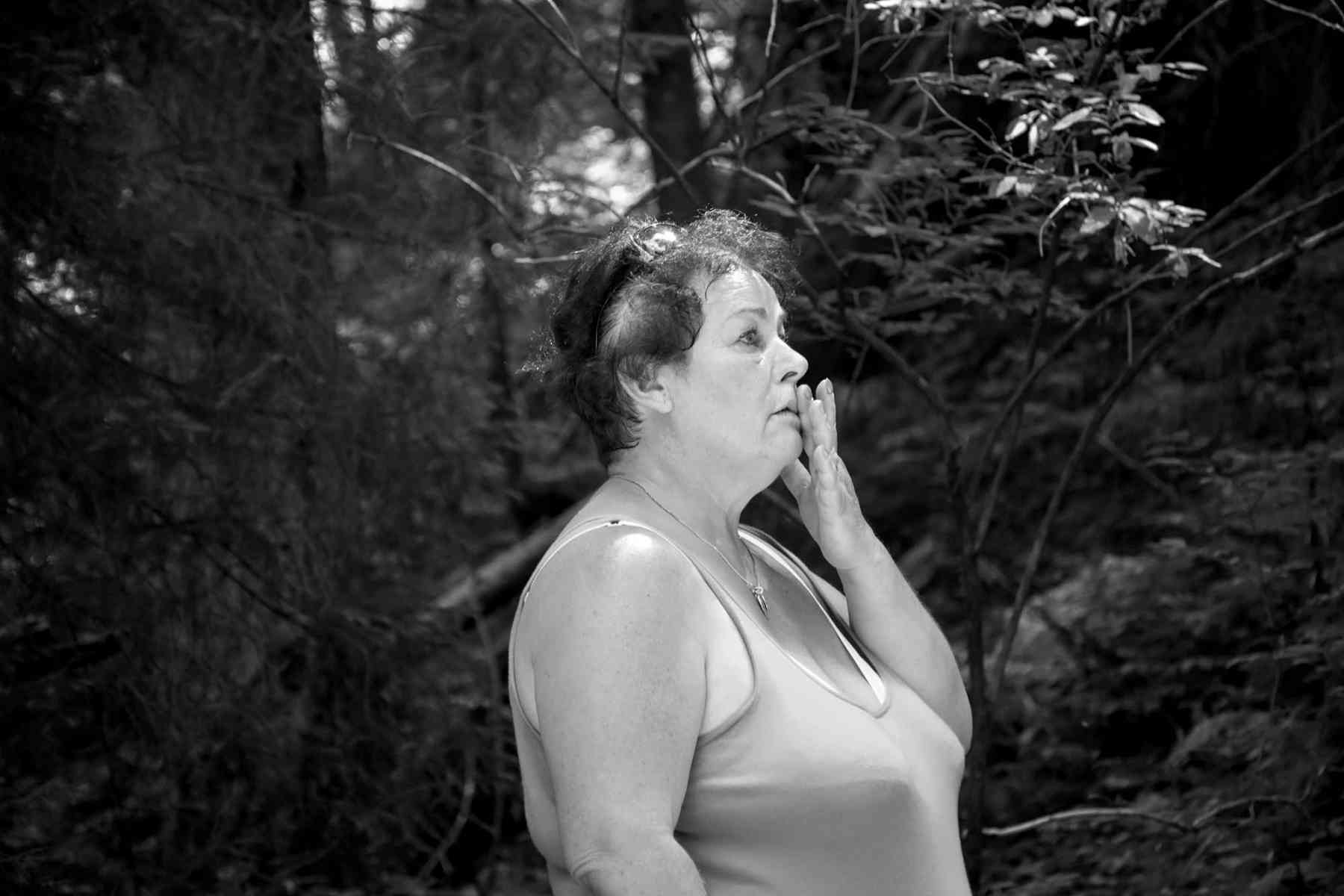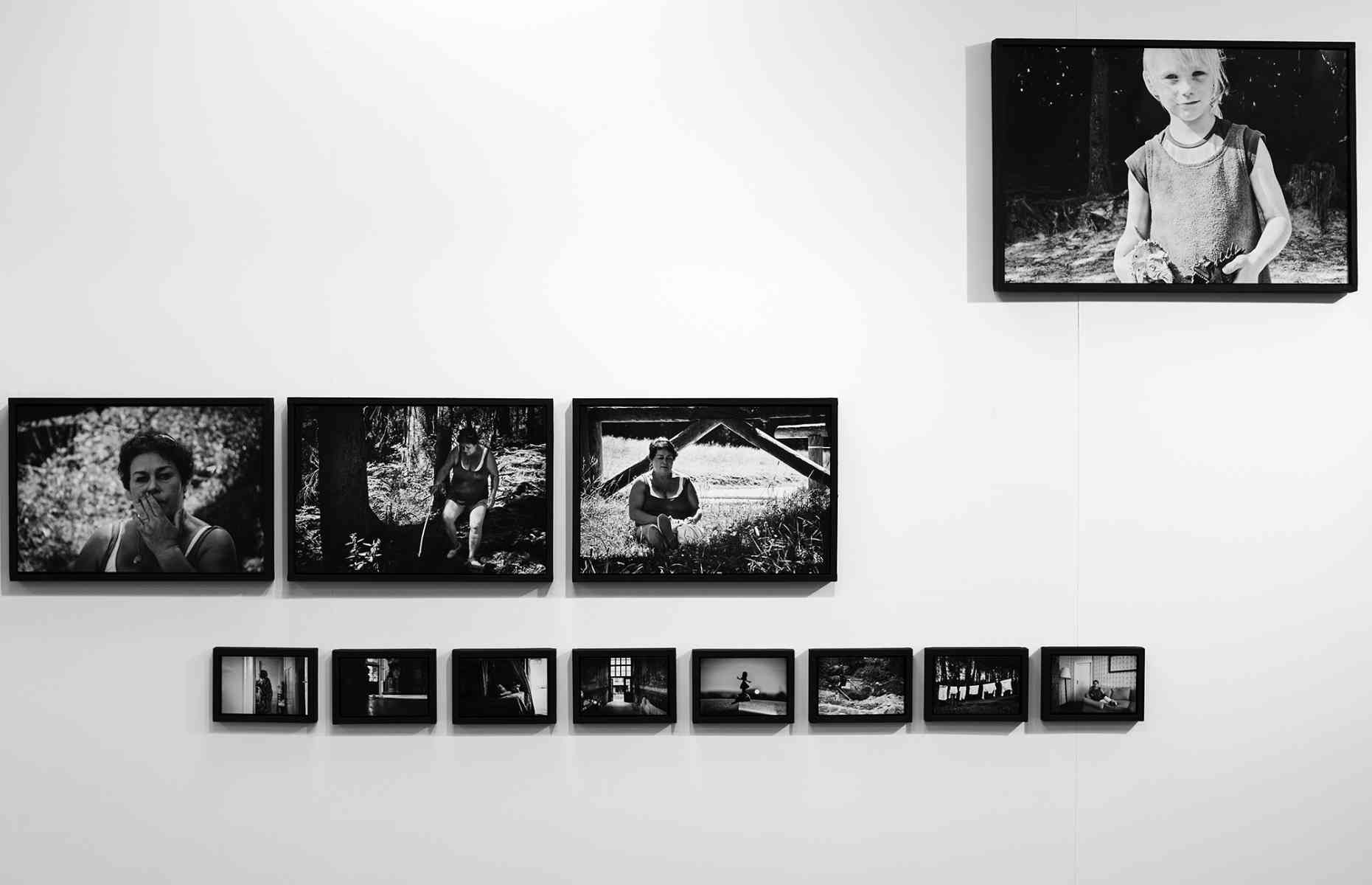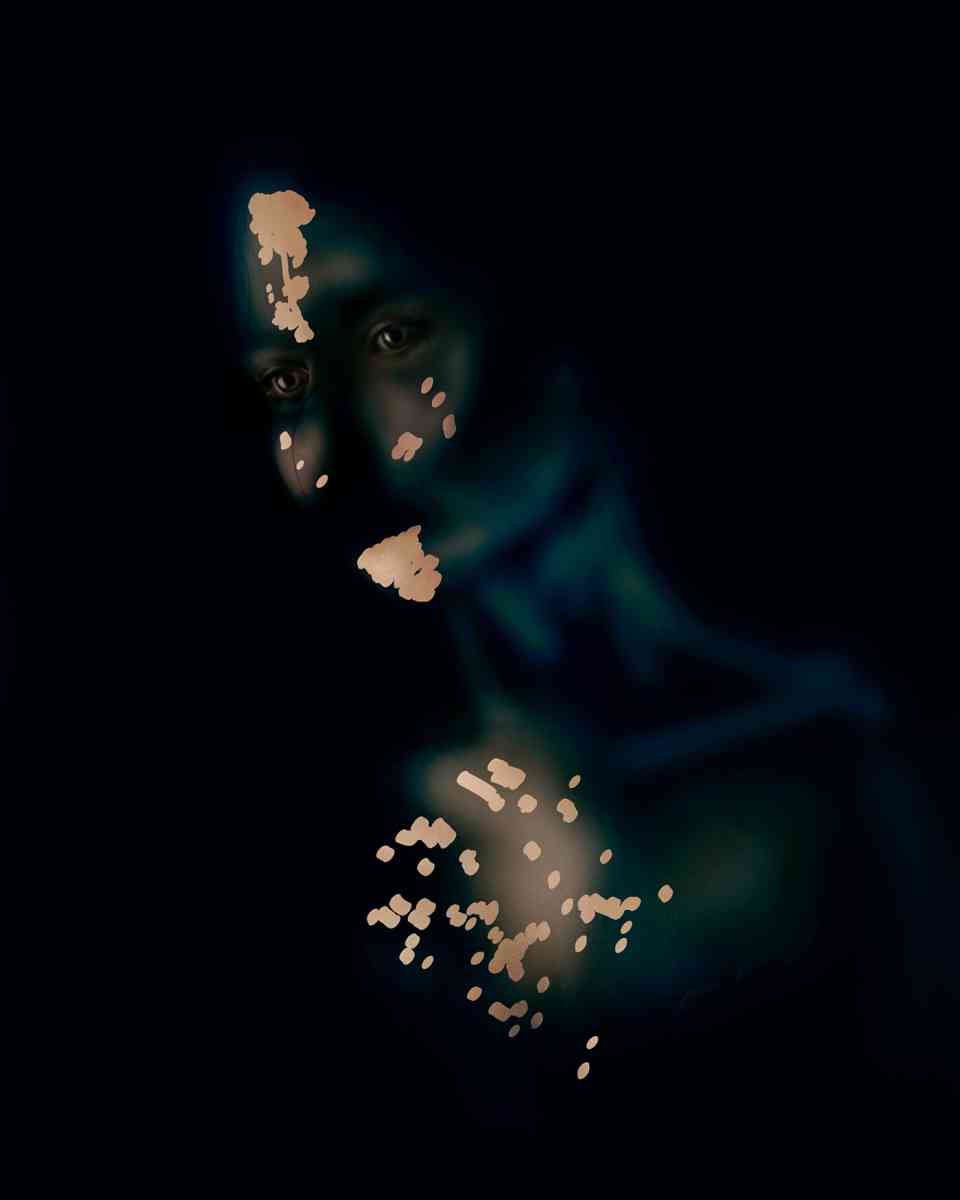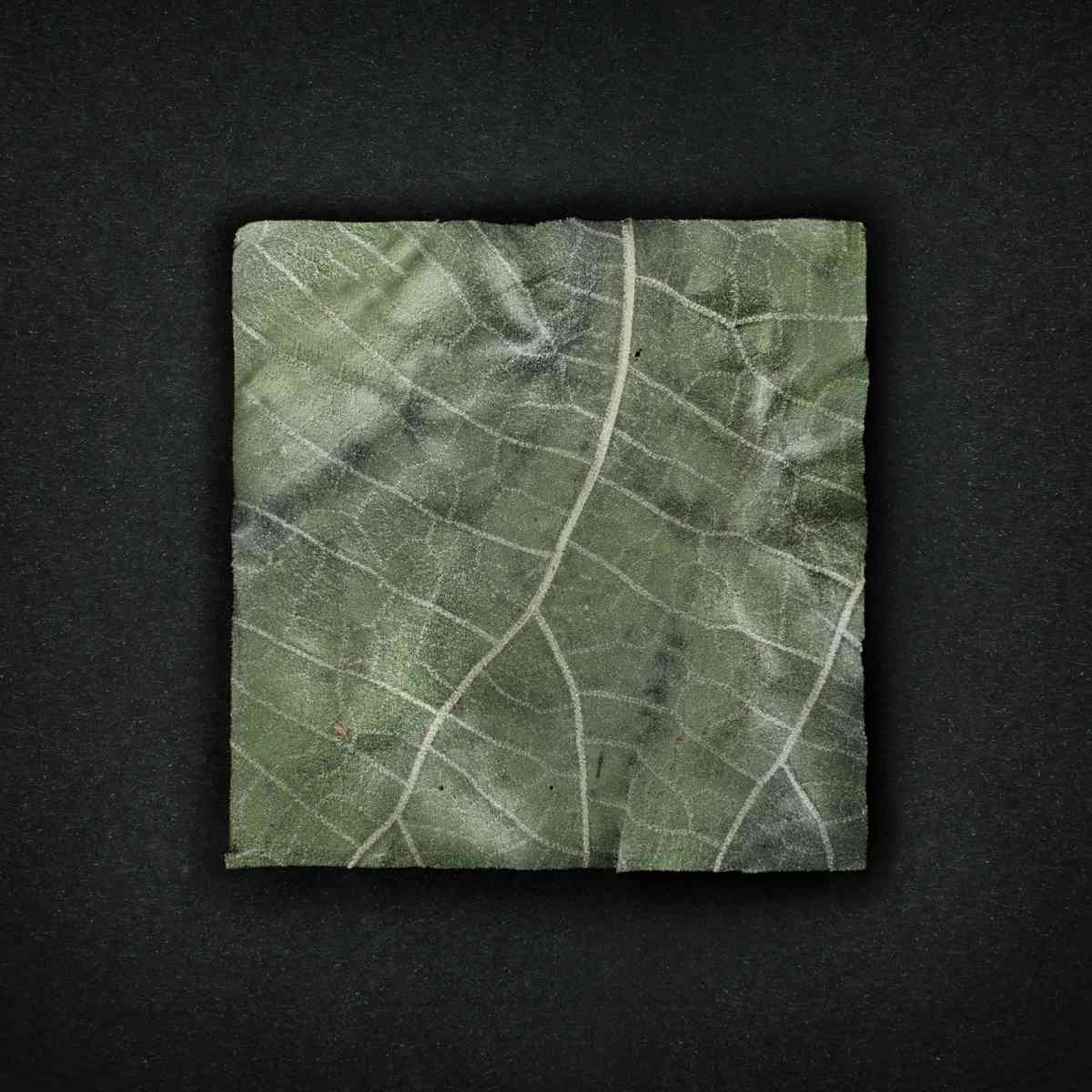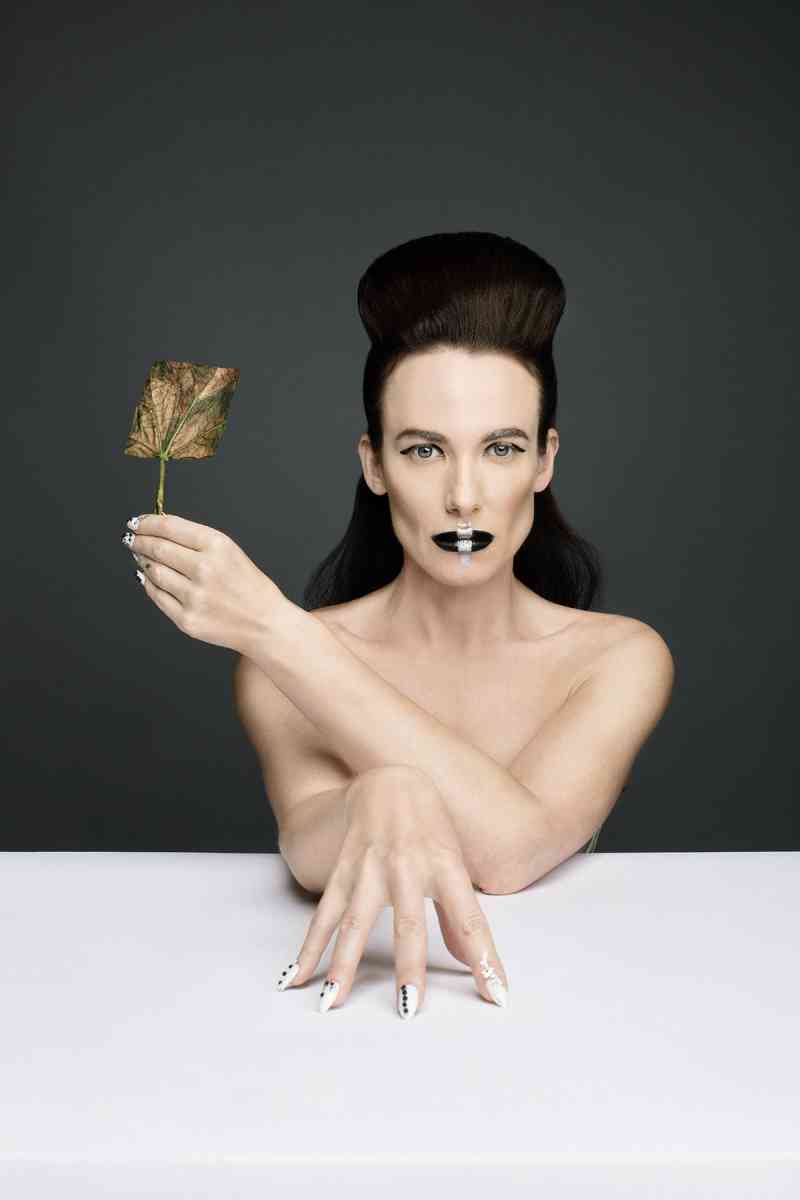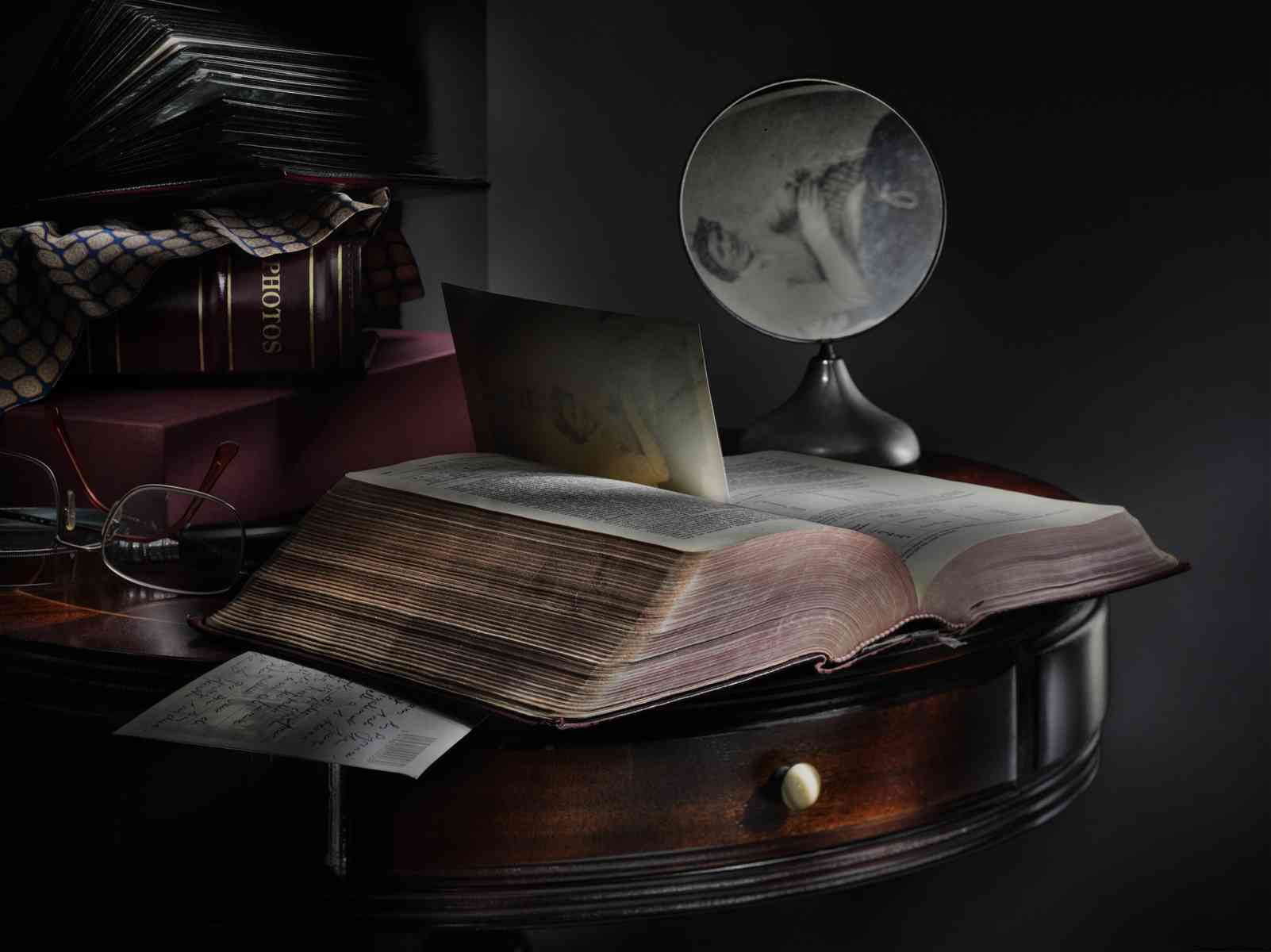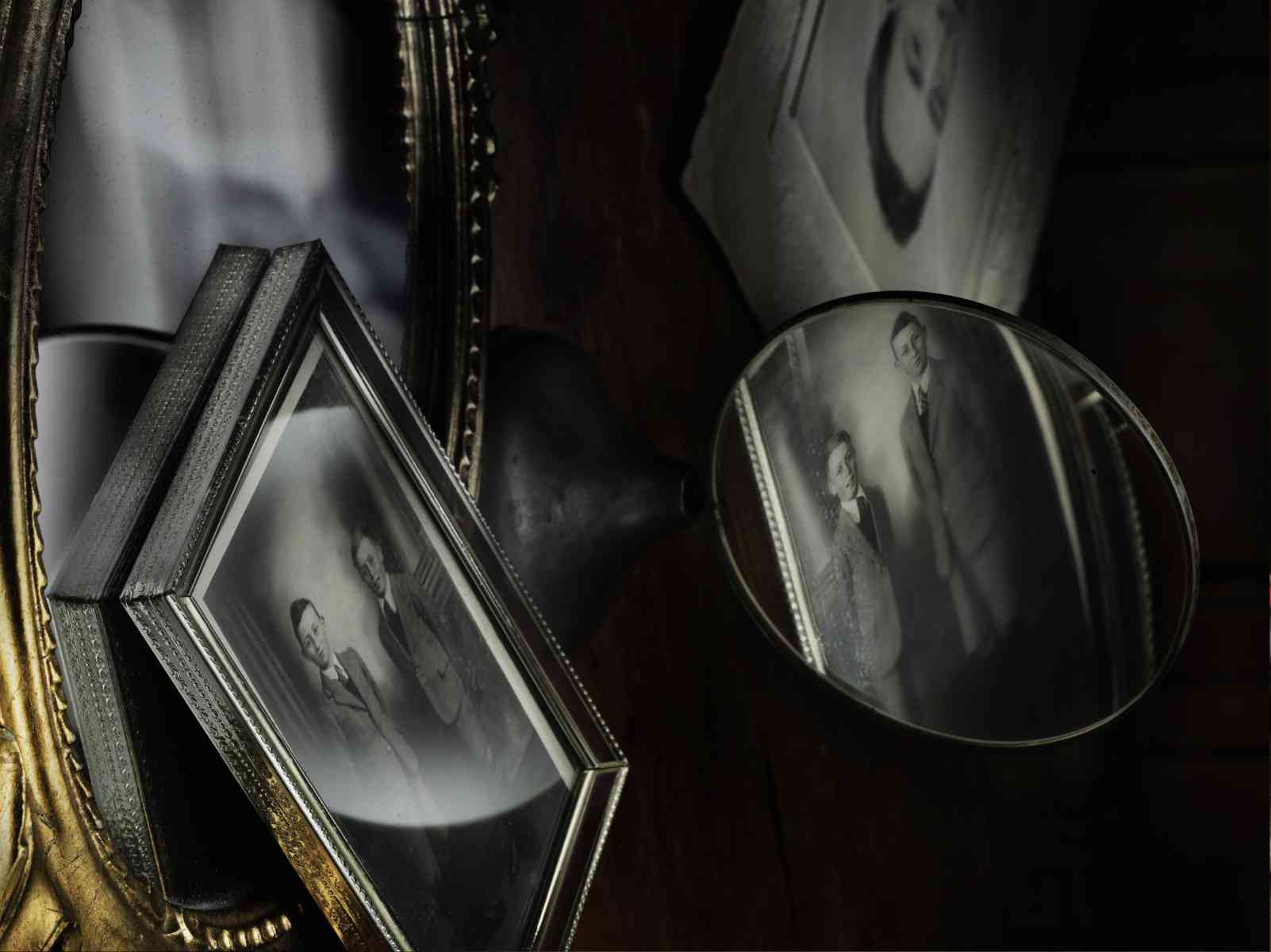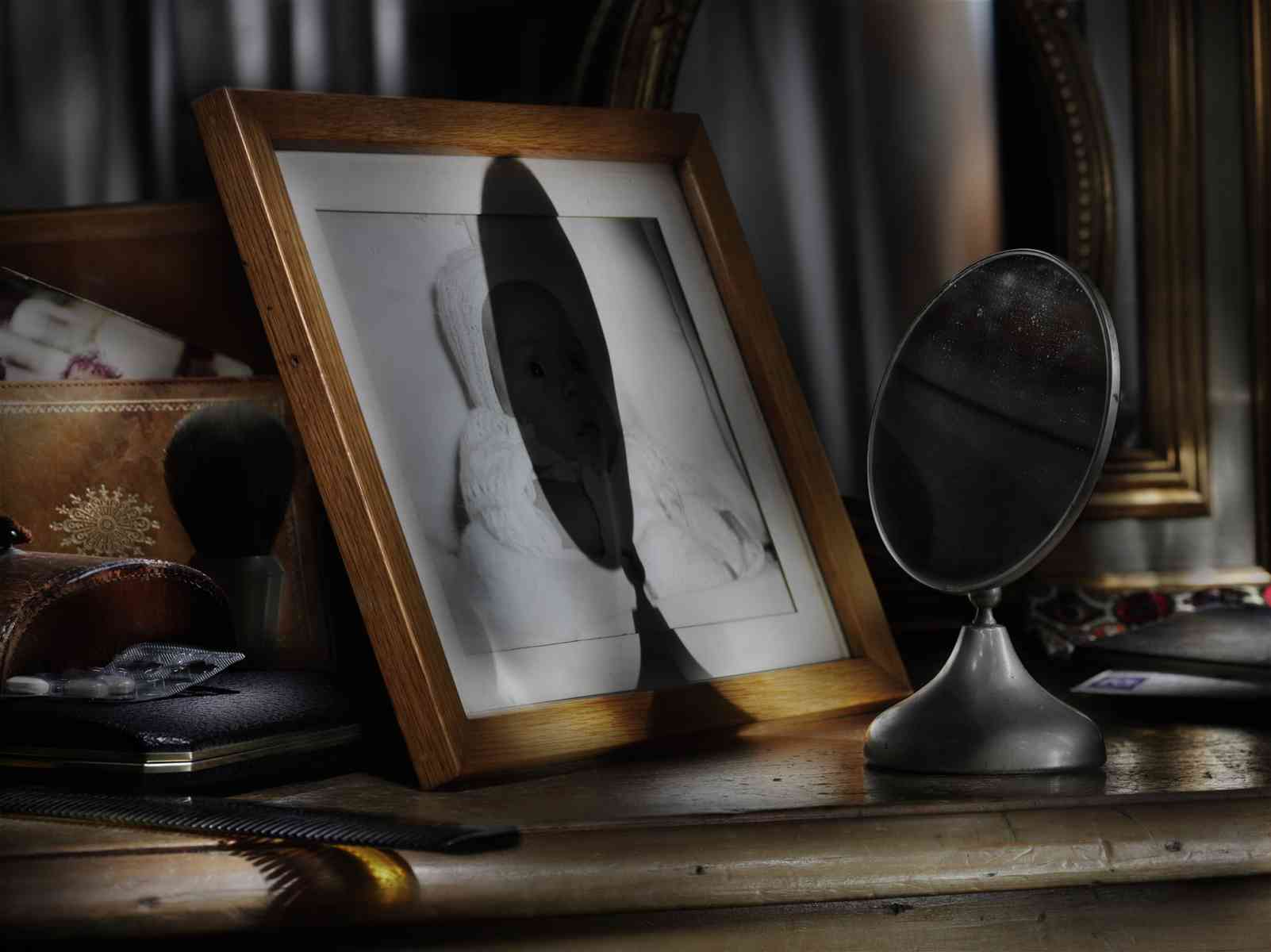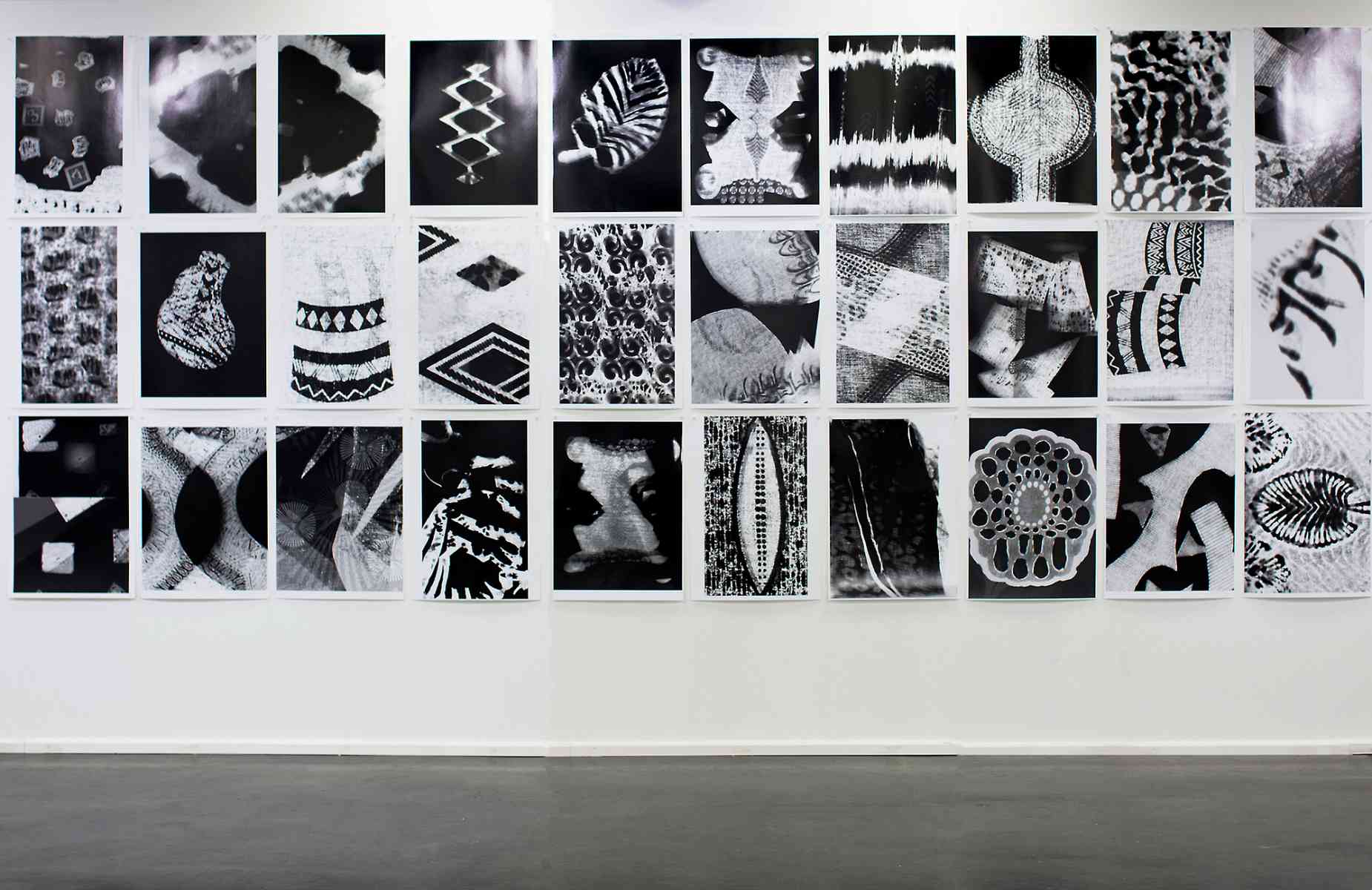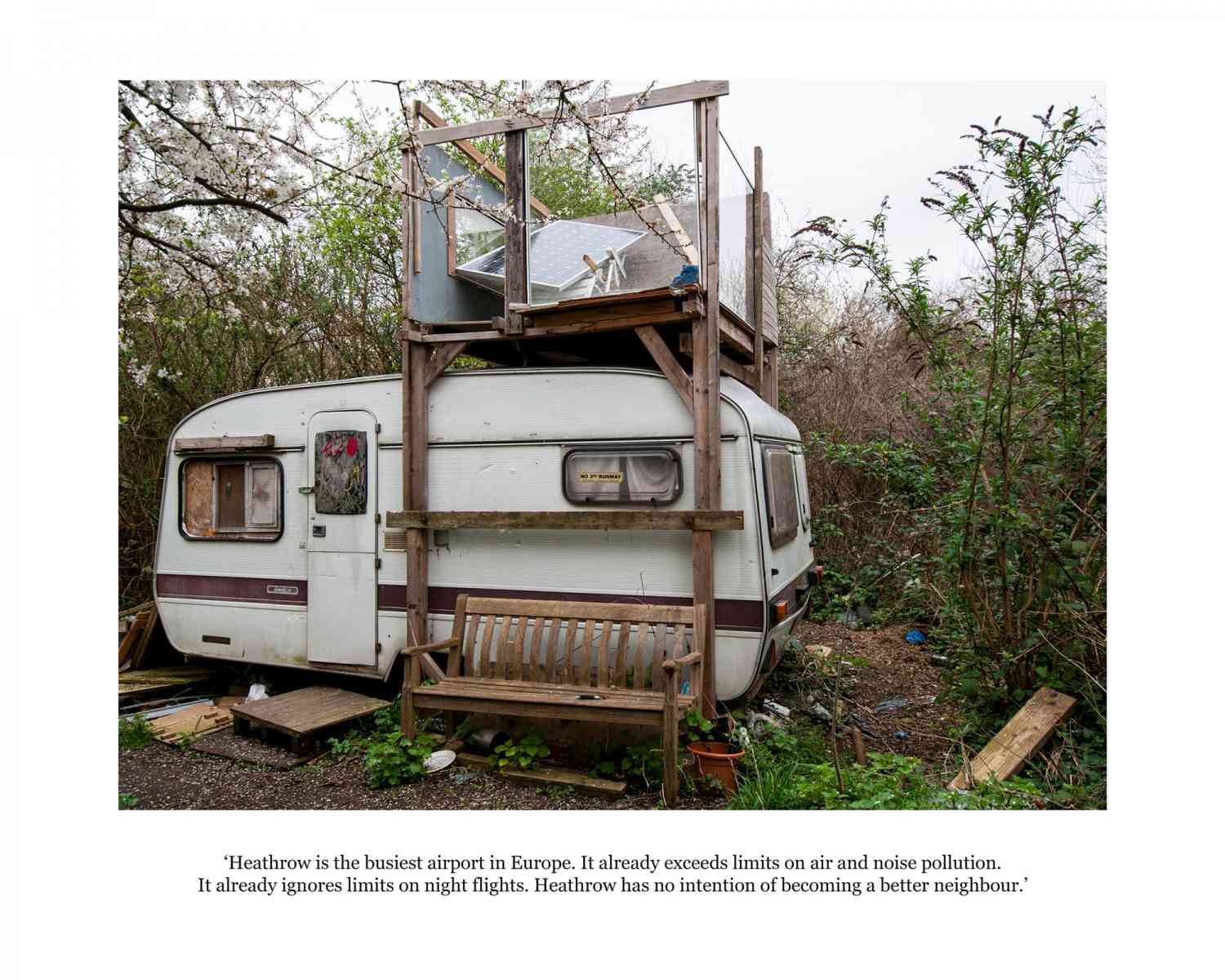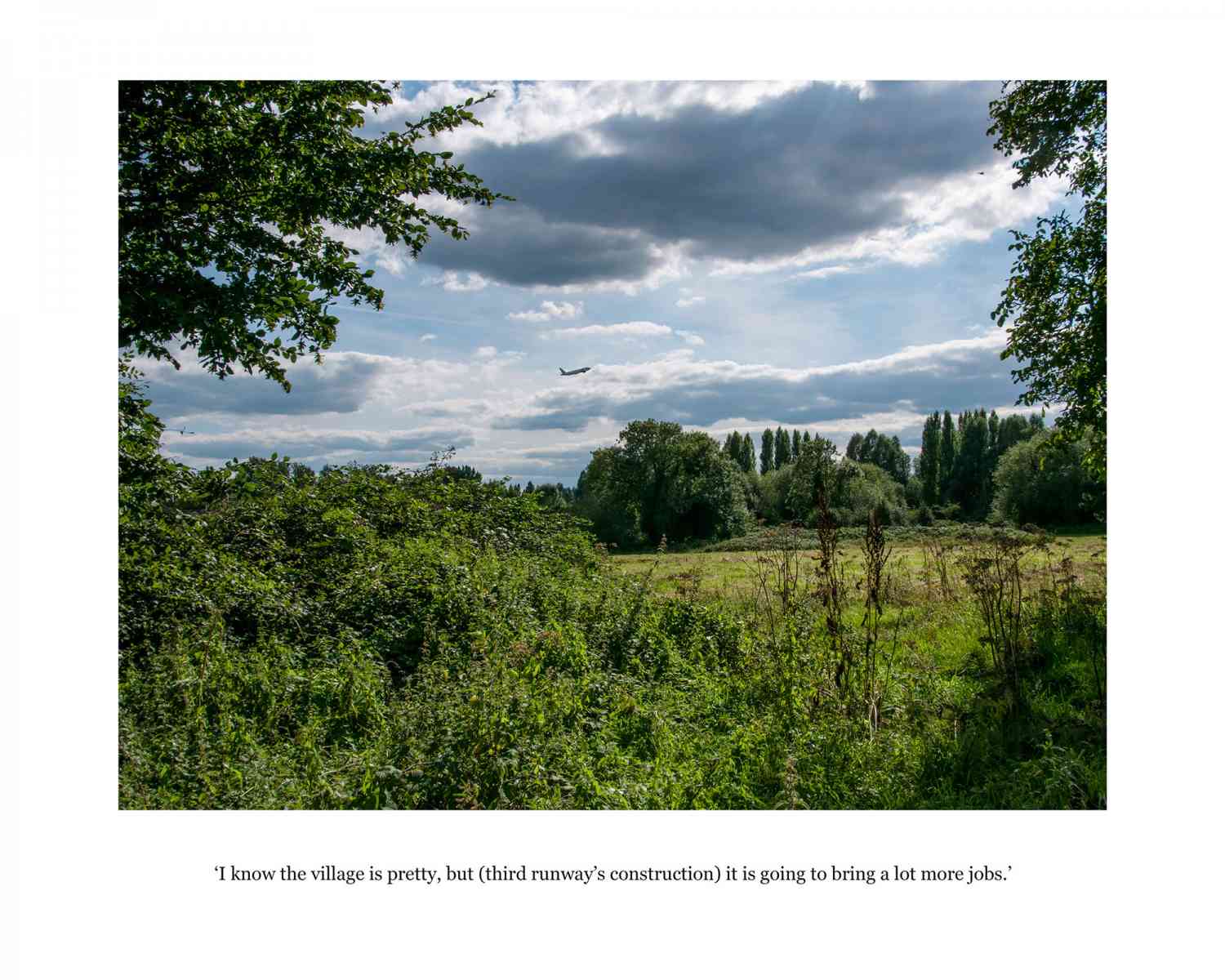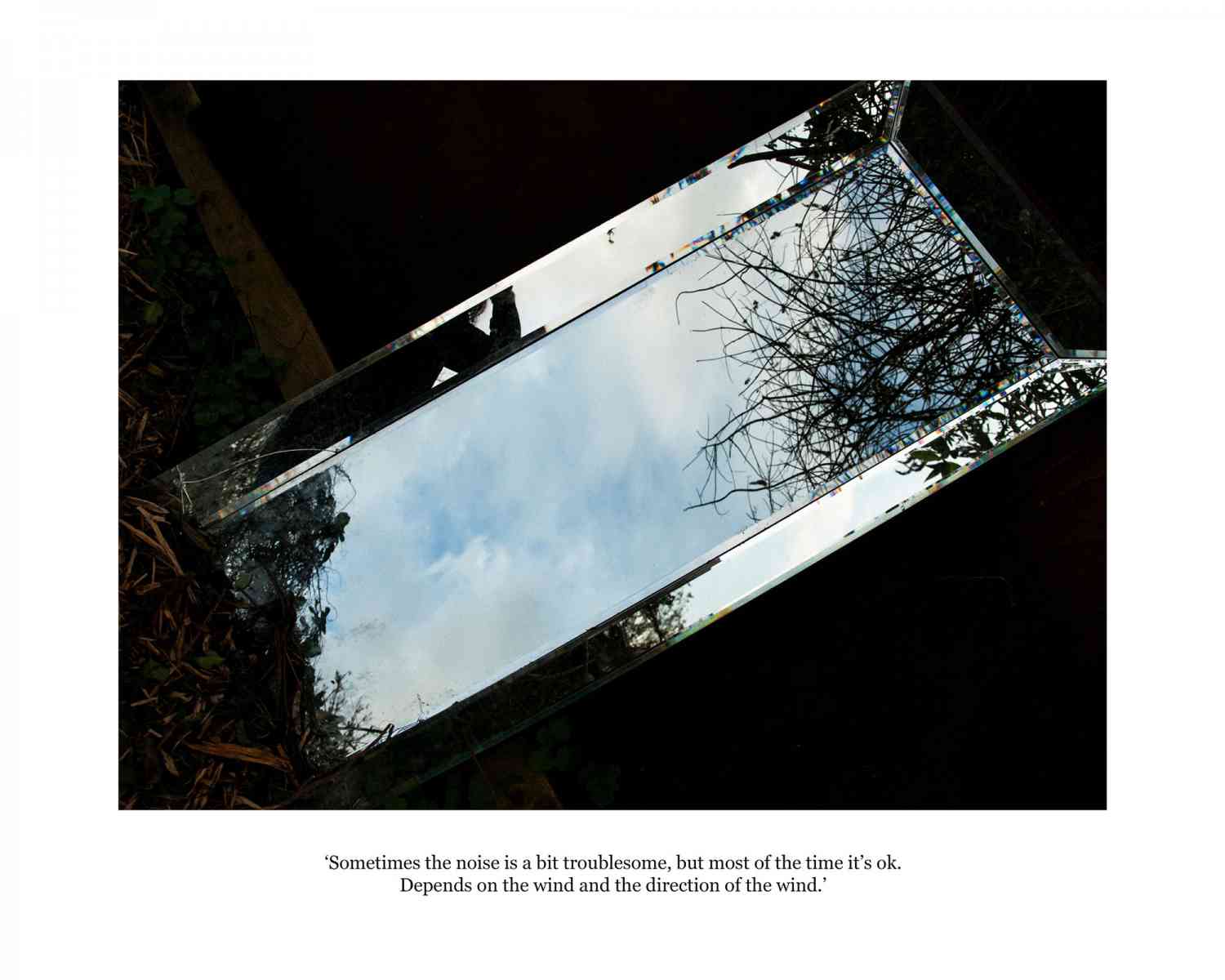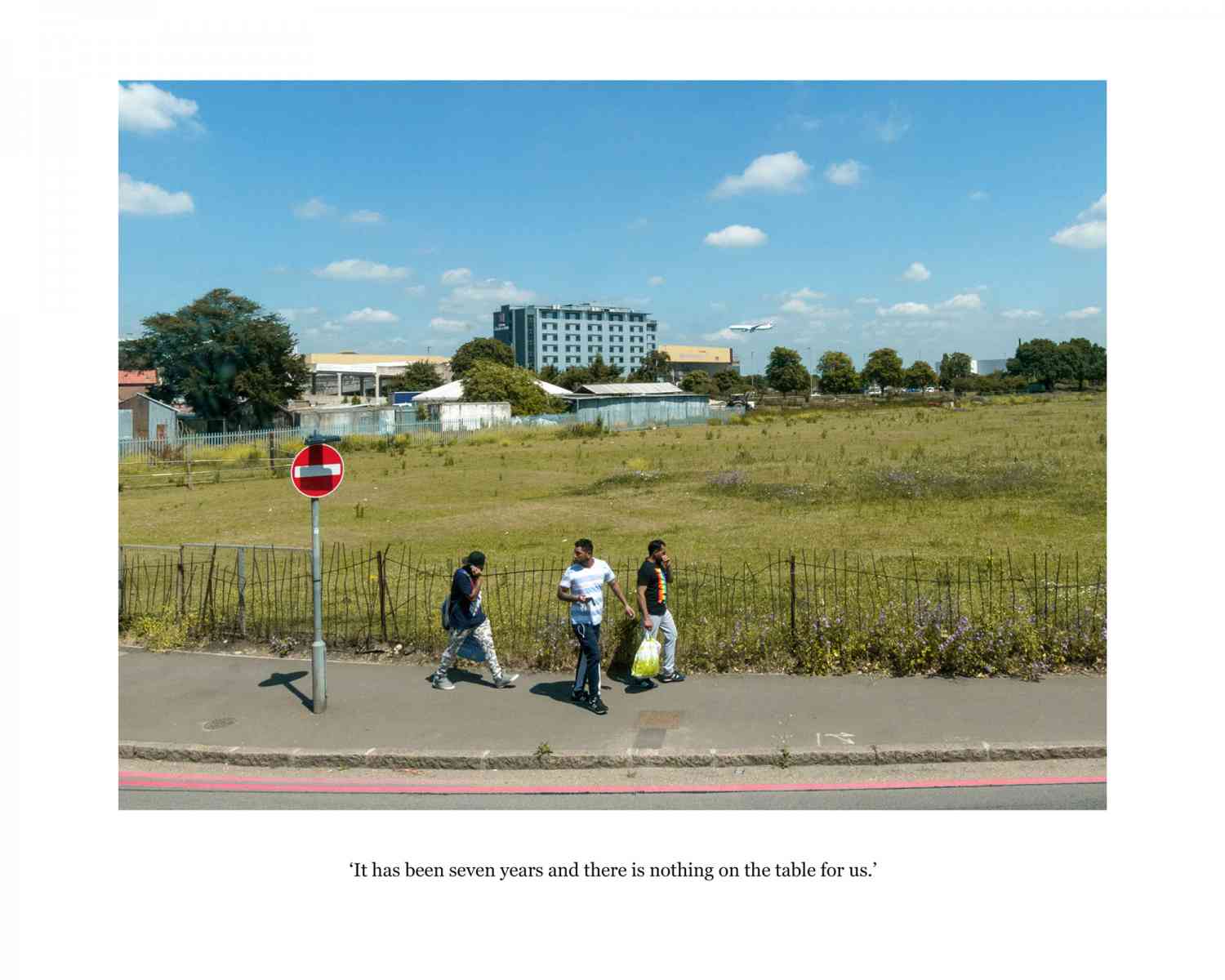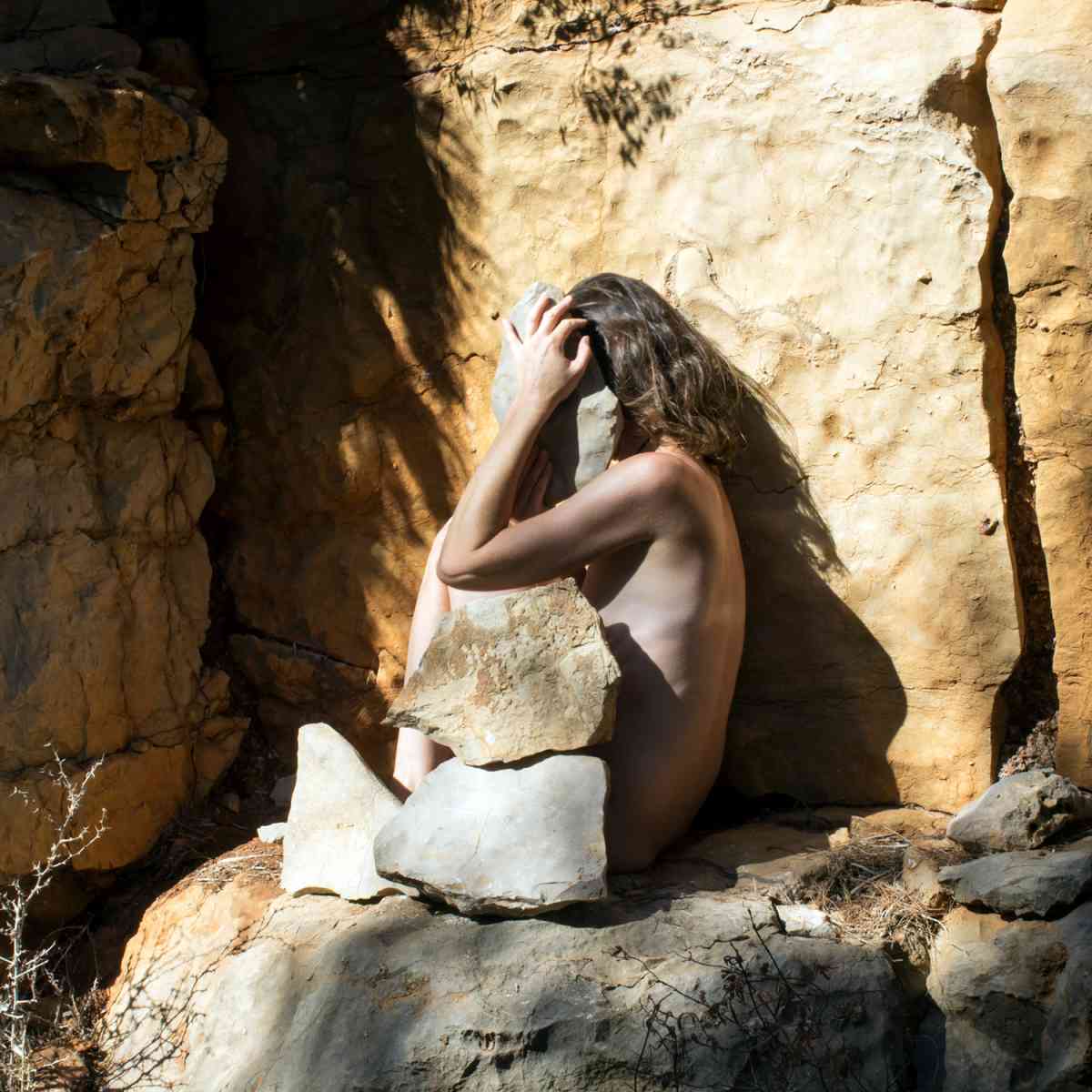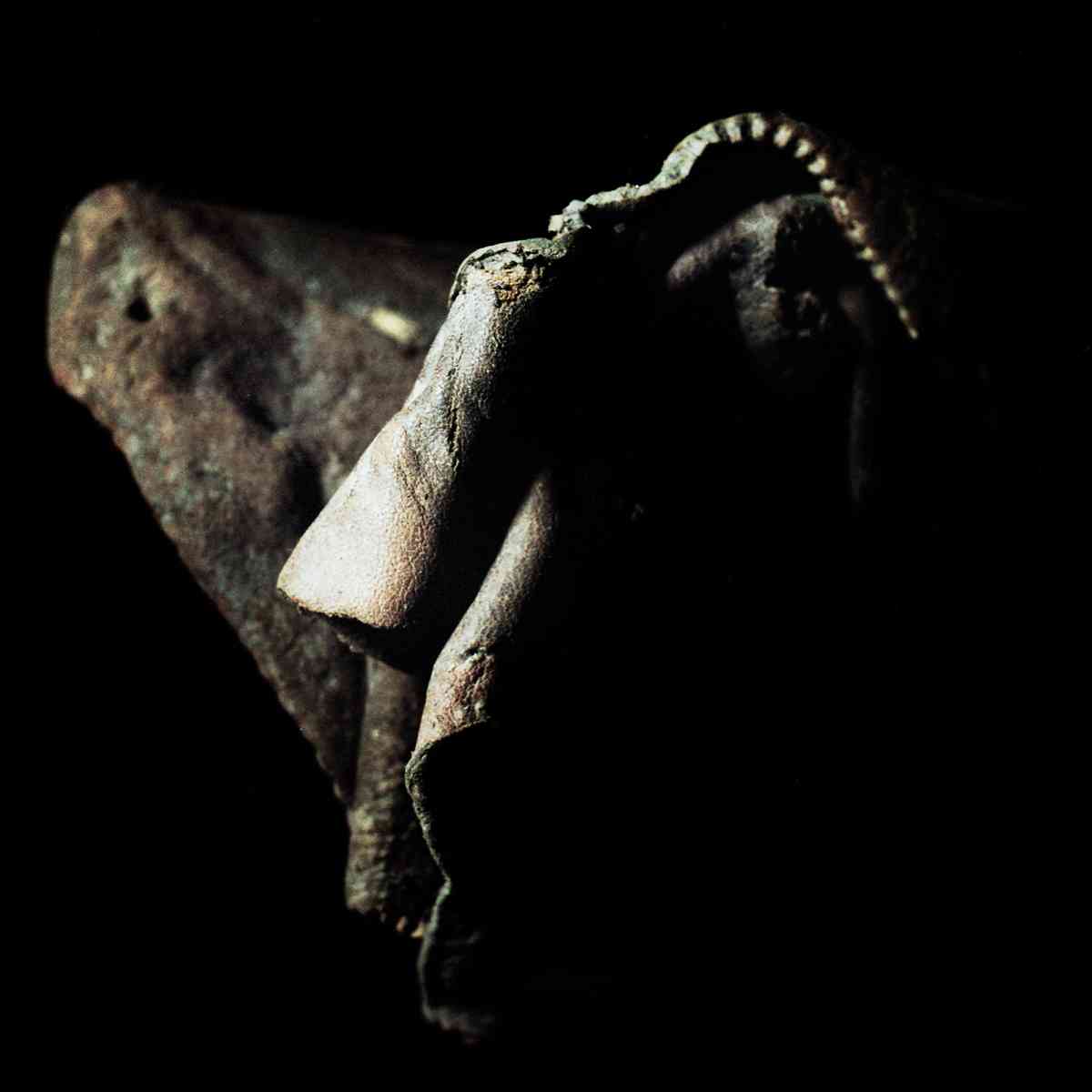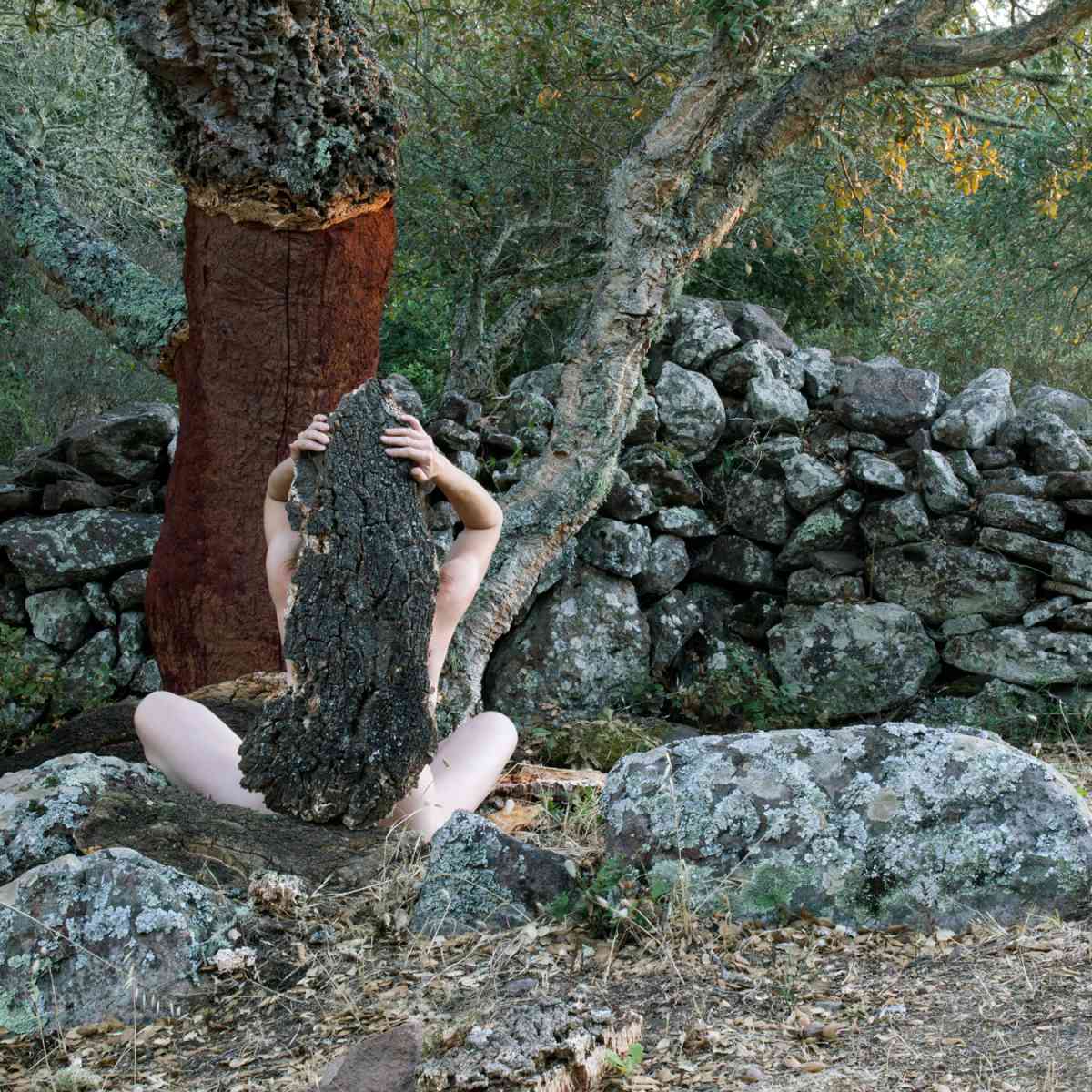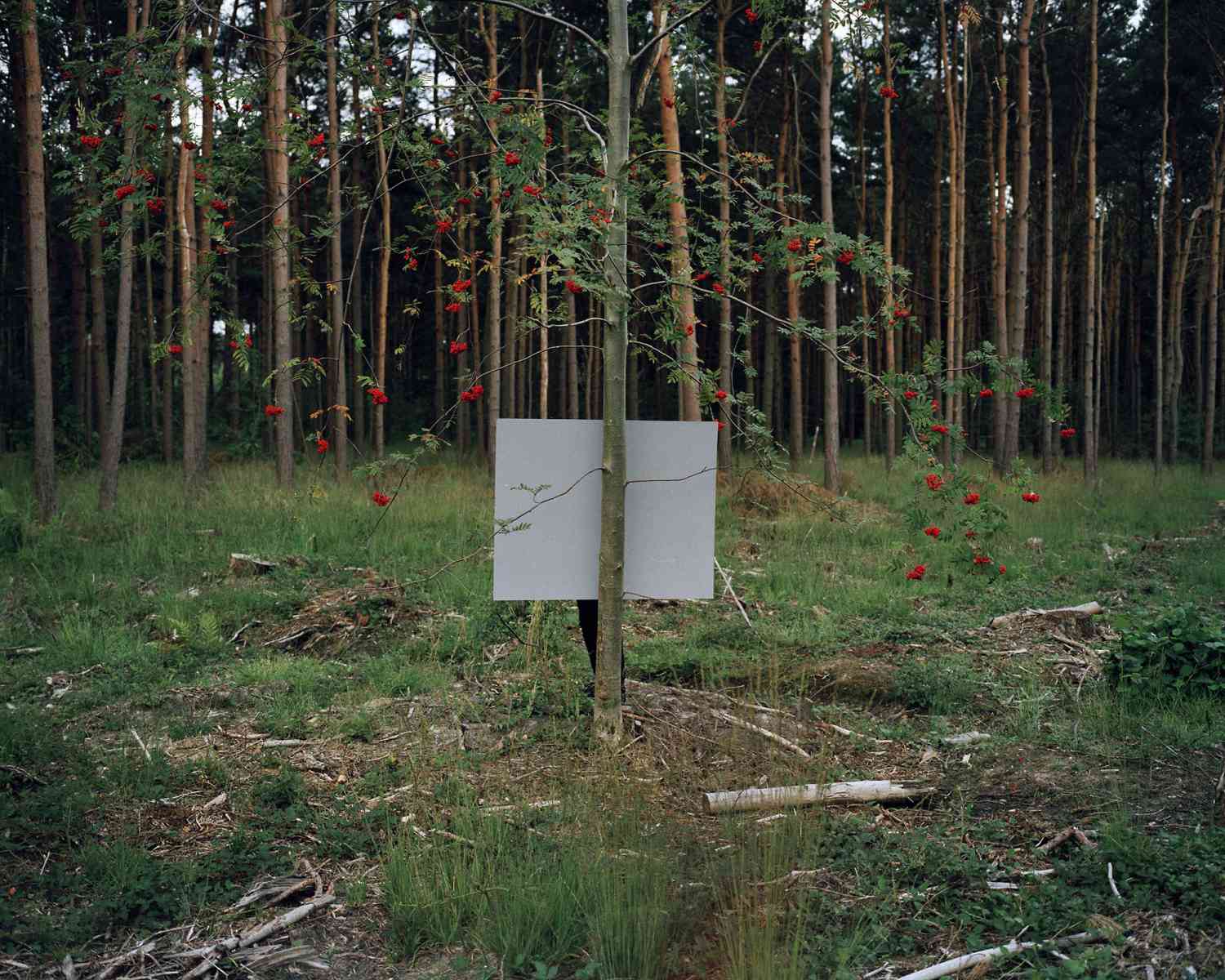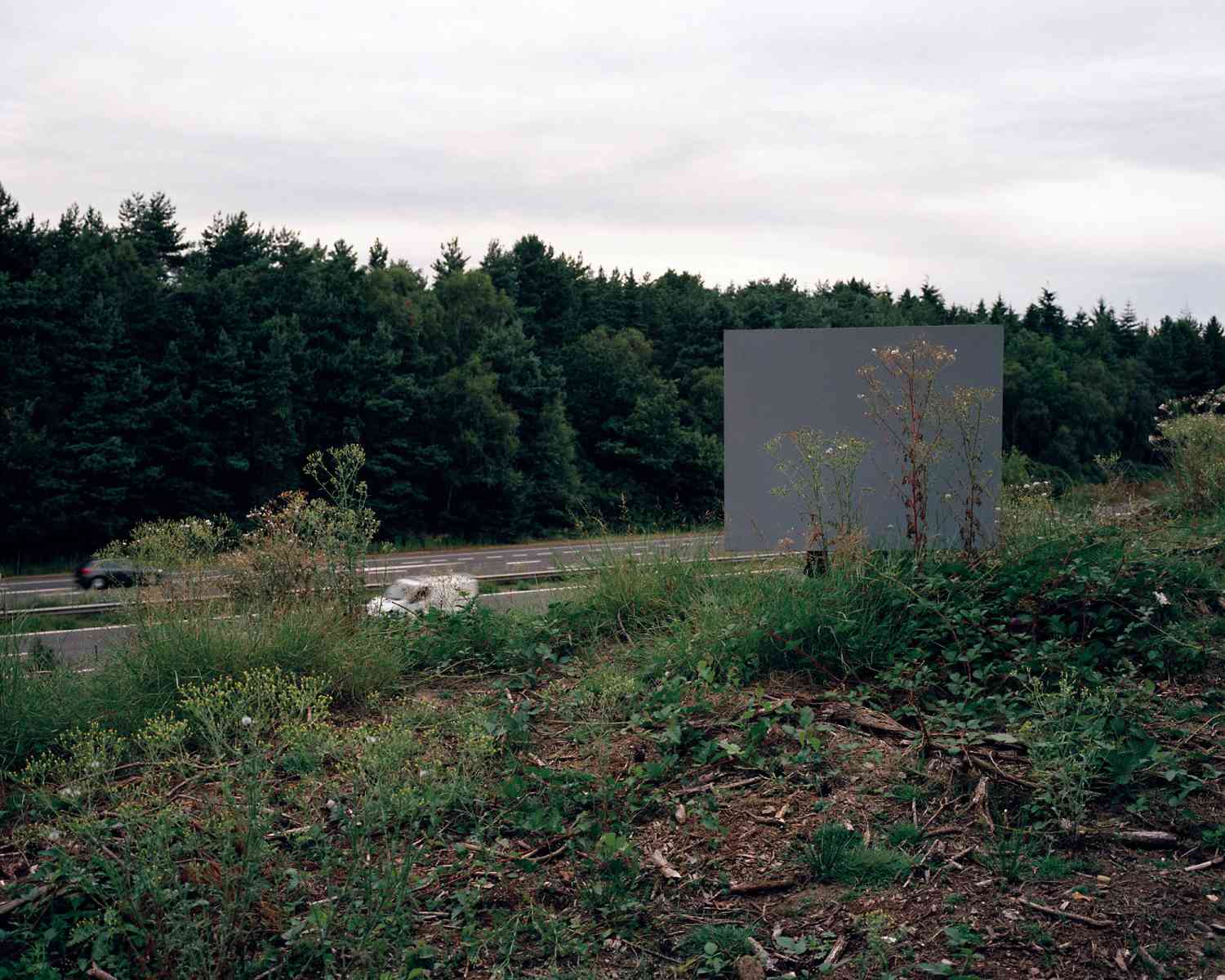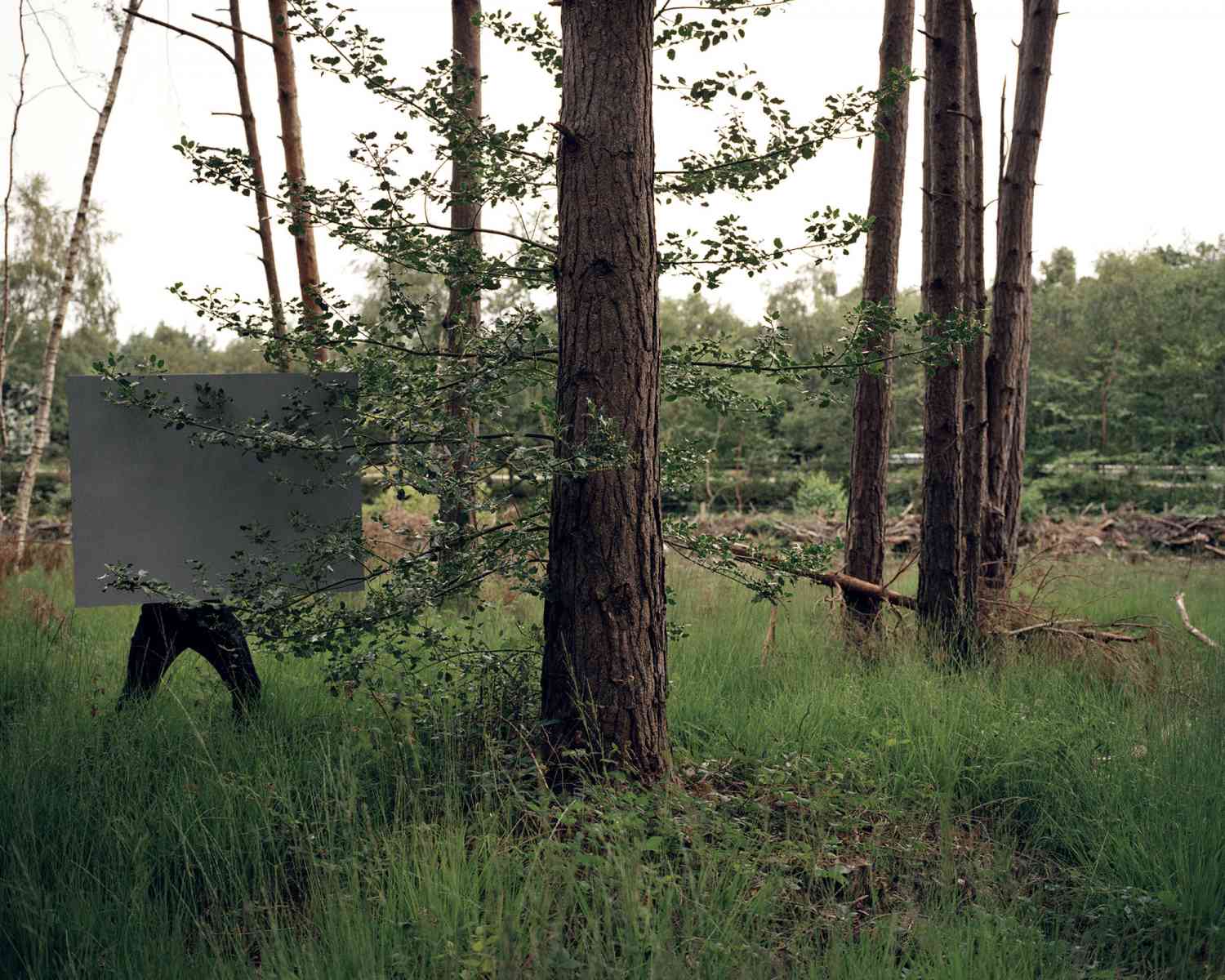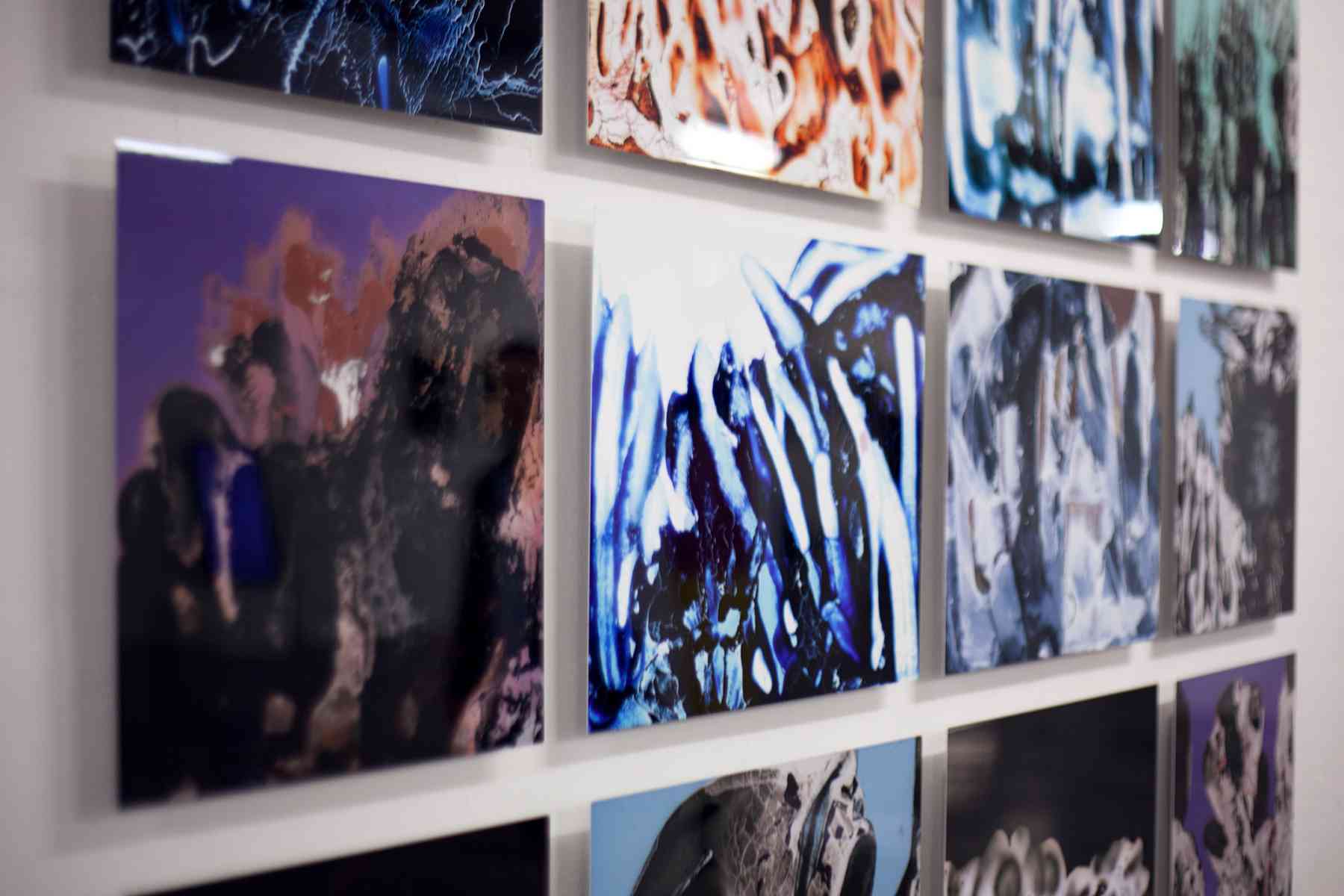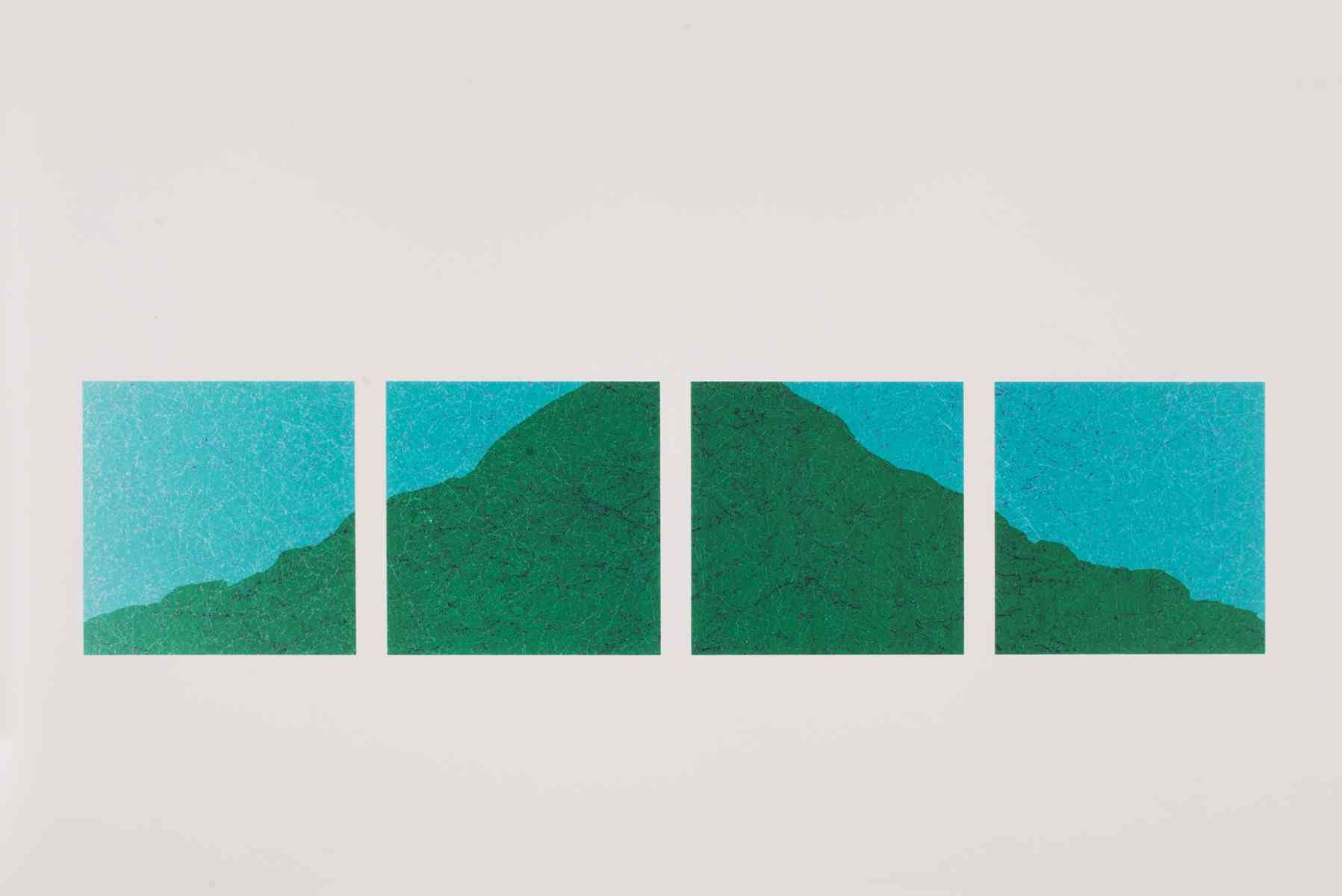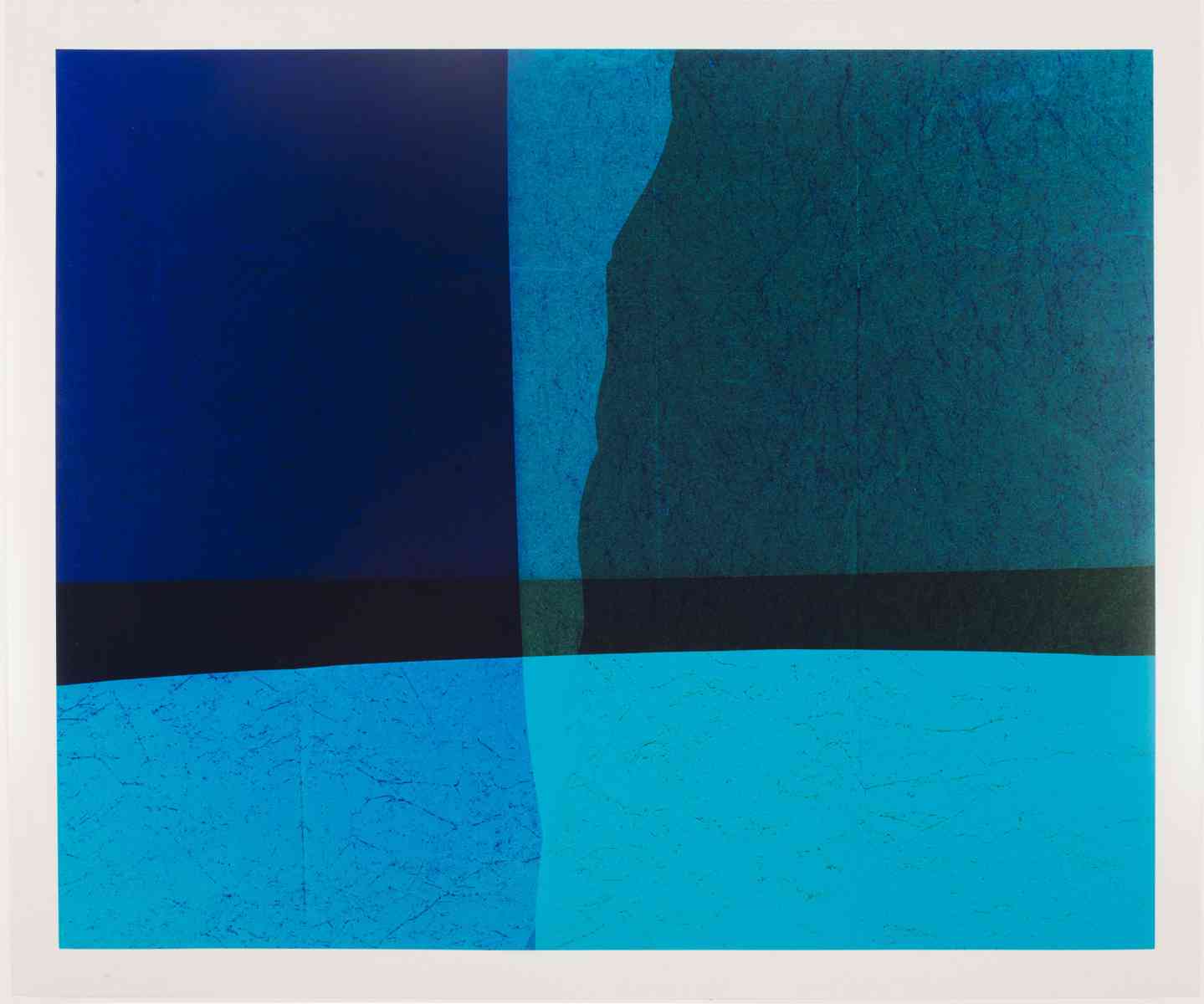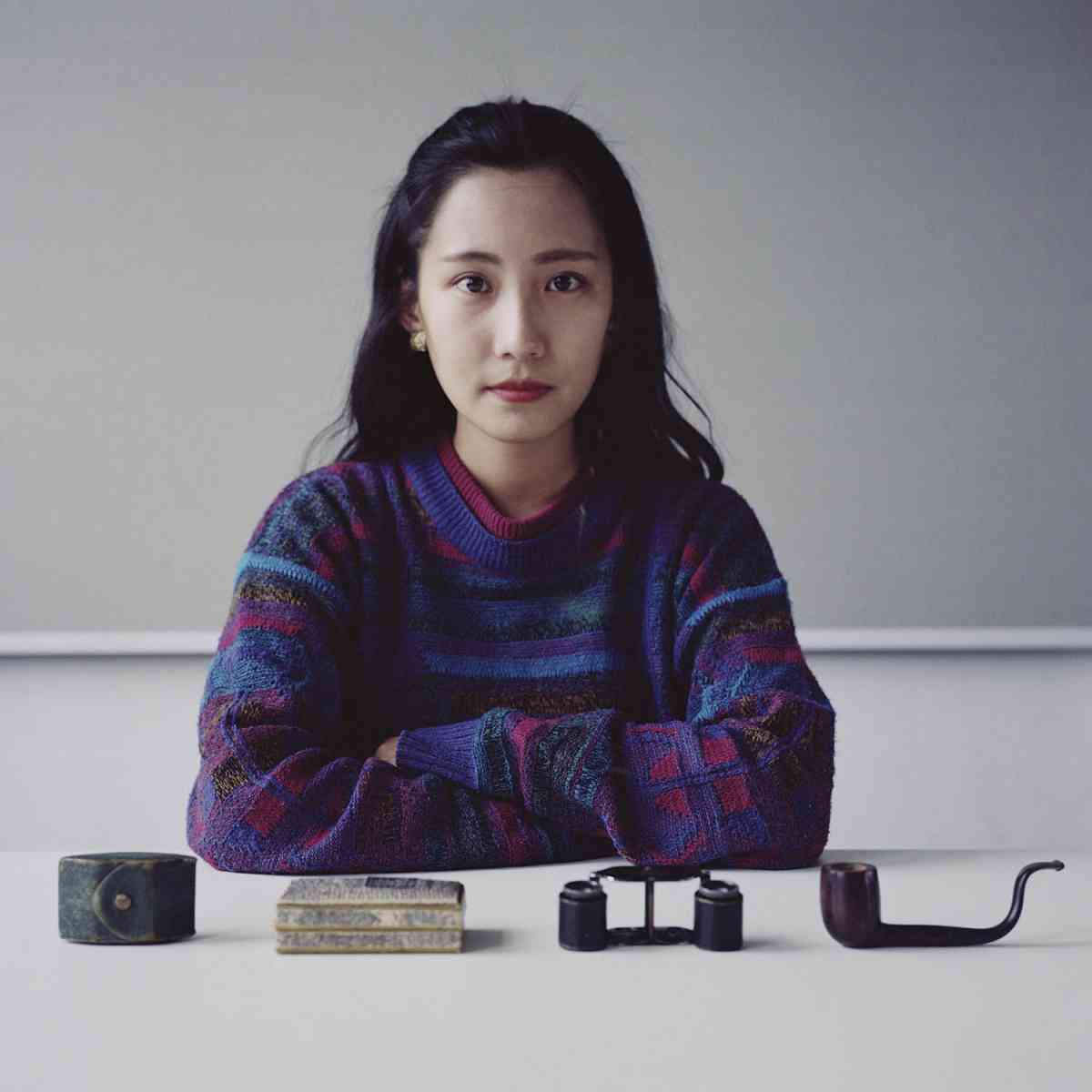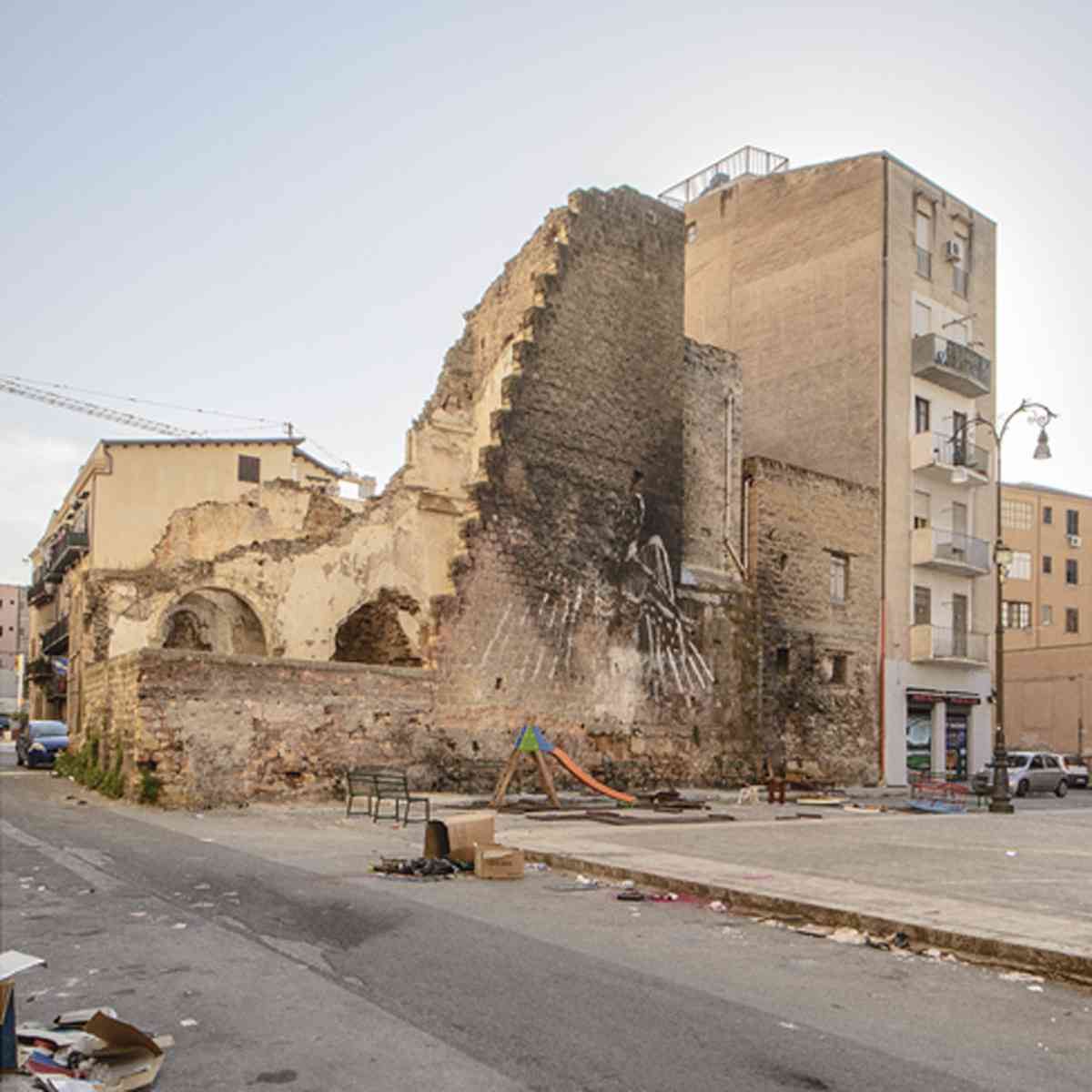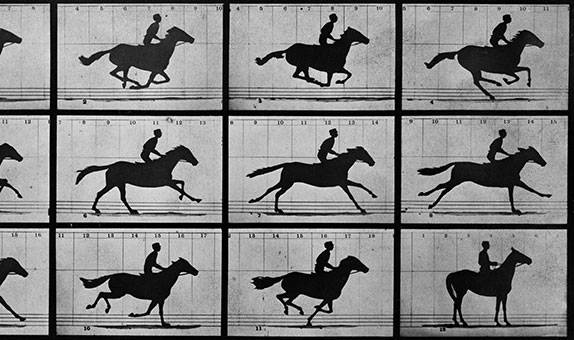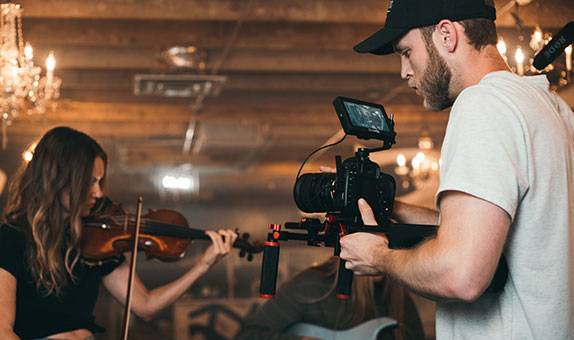Photography MA
Why choose this course?
The course is highly bespoke, to support you as an artist working with the photographic as an expanded and interdisciplinary practice (analogue and digital, new media and technology, still and moving image, installation, performance for camera and engagements with the archive).
With an emphasis on contemporary urgencies and socially-engaged practices, this course offers transferable skills in the production and post-production of images through the communication and development of ideas.
Modules are designed to encourage independent thinking over a wide range of practices and theories reflecting on the technological, political, environmental and social role of the practice.
| Mode | Duration | Attendance | Start date |
|---|---|---|---|
| Full time | 12 months | 2–3 days per week | September 2025 |
| Part time | 24 months | 1–2 days per week | September 2025 |
| Main Location | Kingston School of Art, Knights Park |
Reasons to choose Kingston
- Be part of a rich and supportive environment with input from internationally recognised artists, photographers, curators and writers. You will have the opportunity to develop your practice as an artist working with lens-based media.
- You will have access to all facilities across photography (analogue and digital suites, a wet darkroom and photo studios) film, animation, printmaking and 3D workshops to develop your practice as an artist.
- Studies culminate in a final exhibition and publication to showcase your work.
The Art School Experience
As part of Kingston School of Art, students on this course benefit from joining a creative community where collaborative working and critical practice are encouraged.
Our workshops and studios are open to all disciplines, enabling students and staff to work together, share ideas and explore multi-disciplinary making.

What you will study
This research-led course engages with the photographic in its widest sense (analogue and digital, new media and technology, still and moving image, installation, performance and engagements with the archive).
You will have access to all Kingston School of Art's workshops and be encouraged to experiment with the photographic in new and innovative ways as an artist.
Modules
The key emphasis of this course is on supporting and developing the direction of your practice led-research through tutorials, presentations, and regular seminar discussions where you will be taught how to research and conceptualise your work.
The range of critical theory extends across dialogical aesthetics, ethnography, post-colonial theory, globalisation, environmentalism, social justice issues, queer theory and gender-based debates, privacy and surveillance, politics of the internet and technological aspects of the photographic medium.
You'll take three modules, worth a total of 180 credits.
Core modules
Critical Theory in Photography and Visual Culture
30 credits
Critical Theory in Photography and Visual Culture enables students to develop an independent and critical approach to photography and artistic practices.
Photographic theory is understood here as enquiry across the broad field of photo-culture. Students will be introduced to concerns that include (but are not limited to): racial politics, rapid environmental damage, surveillance, and technological growth under late capitalism. Students will be encouraged to consider how photography and the photographic process are entangled in these contemporary concerns and will use them to develop a critical context for their developing practice.
Students' enquiries and analysis of the field of photography and visual culture are developed through seminars and presentations by staff and students. Students' knowledge and critical skills are assessed through the submission of a 3000-4000 word written essay and a verbal research presentation.
Guidance is given to help students identify key texts related to the concerns within their practice and how to present to the group within a seminar format.
Students' insights about their practice are advanced and confidence in speaking about their work built by requiring that each student give an artist's talk as an 8–10-minute presentation, based on their research and the historical and contemporary frameworks relevant to their emerging practice.
Students are encouraged to engage with practices and concepts in contemporary photographic discourse that are relevant to their interests by identifying their field of context and setting their research objectives and particular trajectories concerning their own photographic/artistic practice.
Photography in Context
60 credits
Students will focus on professional practice activities supported by site visits, tutorials, group seminars, critiques and informal presentations that deepen their understanding of how their work and artistic profile can be situated within a contemporary professional framework.
Photography in context is designed to support creative photo-practice by engaging students with a diverse range of practical and professional skills, approaches to planning, producing, exhibiting, and disseminating photographs – across expanded definitions of the photographic.
Initial skills acquisition and key inductions will take place in analogue and digital resources and processes, studio and lighting workshops and different camera formats as well as access to screen printing, animation and moving image and the 3D workshops.
Seminars cover professional development in regard to both the private and public sector including an understanding of the processes necessary to initiate and realise projects (such as liaison, cost implications, fund-raising, developing and presenting proposals, and collaborative working structures) and relevant skills to disseminate ideas and documents of work.
Expanded Photography Practices
90 credits
Expanded Photography Practices enables students to realise a body of photographic-based work that is coherent, innovative, conceptually resolved and technically competent, for physical and/or digital exhibition and publication.
This module culminates in the presentation of a body of work with an emphasis on research, production and process and the ability of the student to position their work within the wider context of photography and contemporary art. Students are also required to submit a publication online (this may be digital, or documentation of a physical publication), and a 150-300 word artist's statement which serves as an introduction to the body of work for audiences.
Students conceive and develop a substantial body of work through self-initiated research supported by a combination of tutorials, group seminars, critiques, and informal presentations.
Students gain through experience a mature, discursive approach that develops a critical and theoretical framework to contextualise their practice, as well as advancing their editing and production skill in assembling a sophisticated body of work. Students will be encouraged to consider the expansive context of the photographic and will be supported to develop a practice that is in line with the rapidly changing and diverse field of photography.
Entry requirements
Teaching and assessment
You'll be assessed through photographic practice, research portfolios, blogs, essays and oral presentations.
Who teaches this course?
The teaching team fosters a strong year group ethos. Many shared and group activities create a rich and supportive learning and working environment. The staff team consists of internationally-recognised, research-active academics and visiting speakers and lecturers.
Additional costs
Depending on the programme of study, there may be extra costs that are not covered by tuition fees which students will need to consider when planning their studies. Tuition fees cover the cost of your teaching, assessment and operating University facilities such as the library, access to shared IT equipment and other support services. Accommodation and living costs are not included in our fees.
Where a course has additional expenses, we make every effort to highlight them. These may include optional field trips, materials (e.g. art, design, engineering), security checks such as DBS, uniforms, specialist clothing or professional memberships.
Facilities
There is a wide range of facilities at our Knights Park campus, where this course is based. Kingston School of Art has recently completed an ambitious programme of investment, making significant improvements to our workshops and other resources, to ensure that students are exposed to as many creative pathways as possible. The workshops and studios at Knights Park are open for creative exploration and allow opportunities for students and staff to collaborate on projects and share ideas, whether they are studying or researching. There are many adaptable studio and workshop spaces, active breakout spaces and stronger vertical and horizontal connections. Our ground-breaking facilities include the following:
- 3D workshop, with ceramics, concrete, resin-casting, plastics, metalwork, woodwork and a bronze-casting foundry, as well as a Big Build space for Architecture, set design and large scale model making
- Animation and post production studios
- Digital Media workshop
- Fashion (knitting and sewing workshops), with digital and analogue facilities, plus a working dress archive which includes pieces from 1750 to the present day
- HackSpace (for collaborative, creative, solutions-focussed projects)
- Letterpress and printmaking workshop, with digital and analogue facilities, to experiment creatively
- Moving Image workshop, with studios, editing suite, and industry-standard equipment
- Photography workshop, including studios, colour, and black and white darkrooms, processing facilities. This professional-standard suite includes two new digital imaging areas, darkroom areas, two double height photography studios and a general preparation, finishing and demonstration area. There is also an extensive range of equipment for loan and students are able to purchase photography materials. The colour and black and white darkrooms provide extensive facilities for film processing.
All our facilities are open access, meaning you can use them whenever you want, whatever degree you're studying.
The University also has its own on-site galleries, including:
- Dorich House - the former studio home of the sculptor Dora Gordine and her husband the Hon. Richard Hare, a scholar of Russian art and literature. Now Grade II listed, the building was completed in 1936, to Gordine's design, and is an exceptional example of a modern studio house created by and for a female artist.
- Stanley Picker Gallery - one of the leading examples of a university gallery in the UK. Its public activities are dedicated to the research, commissioning and presentation of innovative new practice across the fields of art, design and architecture for general, academic and specialist audiences.
- Project spaces at Knights Park campus, which you can book for the exhibition of large-scale work.
After you graduate
Graduates have gone on to do a PhD and become professional artists, photographers, filmmakers, curators, teachers in higher education, and editorial and fashion photographers.
What our graduates say
Student work
Film and photography research at Kingston School of Art
Based in the Department of Film & Photography, the Visible Institute research group develops practice-based research, discursive frameworks and a culture of innovation. Film and photography are intermediate and medium-specific - connecting with - yet remaining distinct from other media. Visible Institute answers a need for concentrated lens-based research spanning the potential of both practices.
The name Visible Institute (VI) transmits the magic of film and photography, alludes to the latent image and suggests emerging and unexpected encounters.
VI is situated within KSA (Kingston School of Art), Kingston University, London.
Visible Institute explores still and moving image, relative to a number of identified research thematics. These categories are indicative points of intersection, framing the work of our researchers and practitioners. The Visible Institute engages with the importance of the genesis of film and photography, looks to expand genre definitions and promotes engagement with film and photography's special relationship with the document and the archive.
Our aim is to ensure informed - specialist and interdisciplinary - projects and challenging practice-based media emerge from within an institute that provides breadth and inclusivity, working across disciplines and set within a number of registers, through which film, photography and the moving image operate.
Visual Institute themes:
- haptics: touch, sense and contact;
- archive and the junction between documentary & fiction;
- transfiguration, mythology, ethnography;
- political, social, ethnicity, poetic, participatory;
- ecology, landscape, life-worlds;
- species discourses and film ethics;
- philosophy, psychoanalysis, hauntology and the image;
- the animated cusp of still and moving image;
- science and lens-based media; and
- pioneers: the genesis of film & photography
Course changes and regulations
The information on this page reflects the currently intended course structure and module details. To improve your student experience and the quality of your degree, we may review and change the material information of this course. Course changes explained.
Programme Specifications for the course are published ahead of each academic year.
Regulations governing this course can be found on our website.
